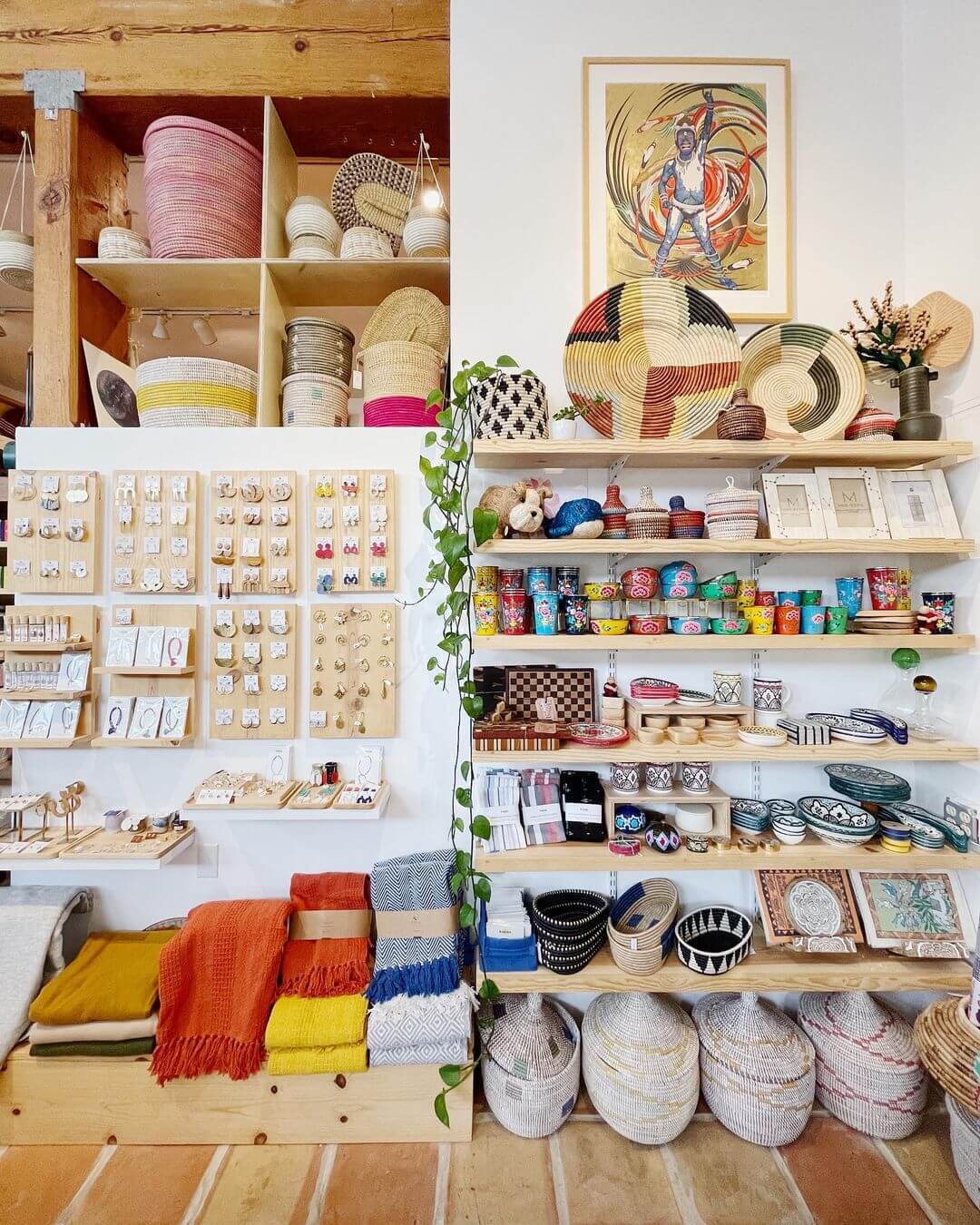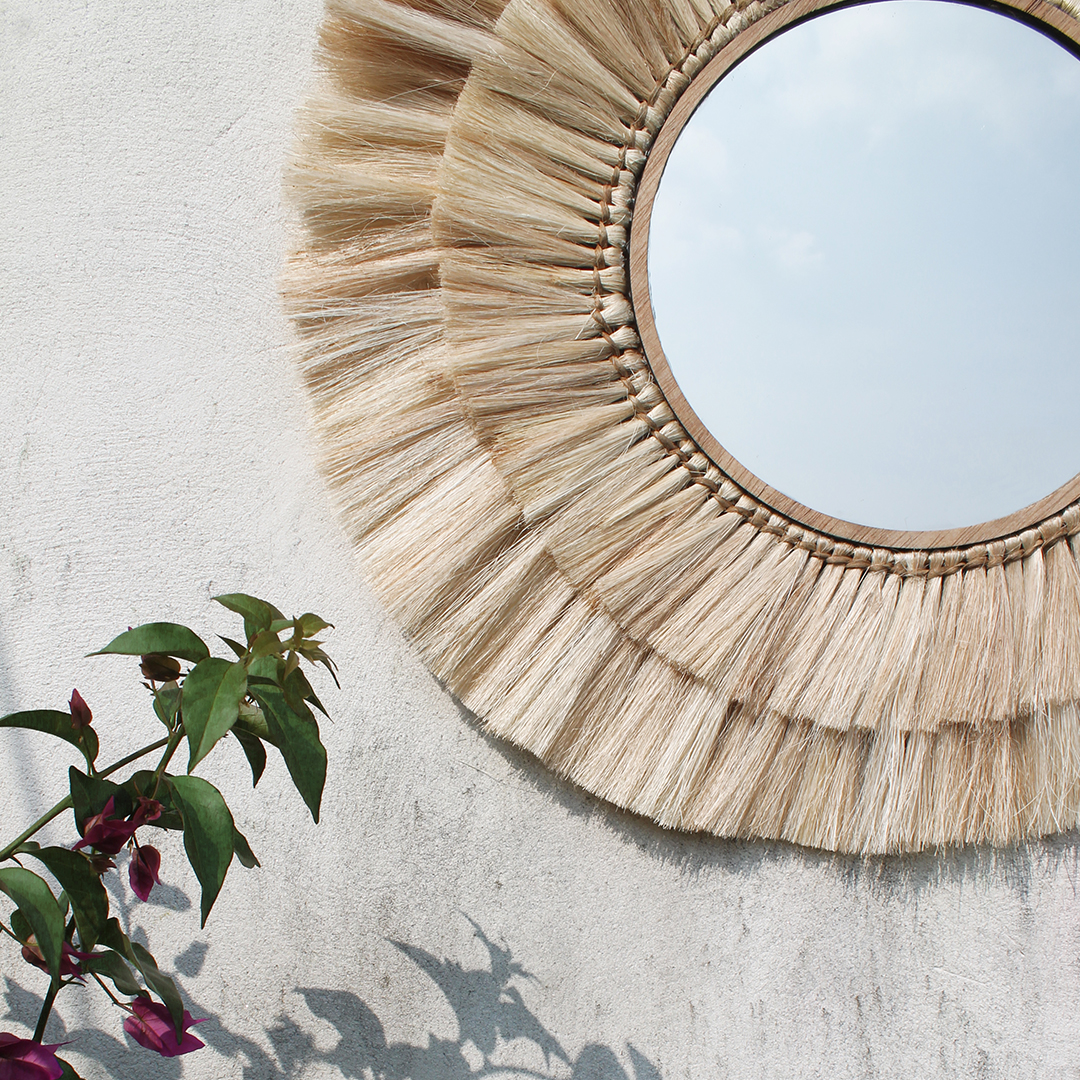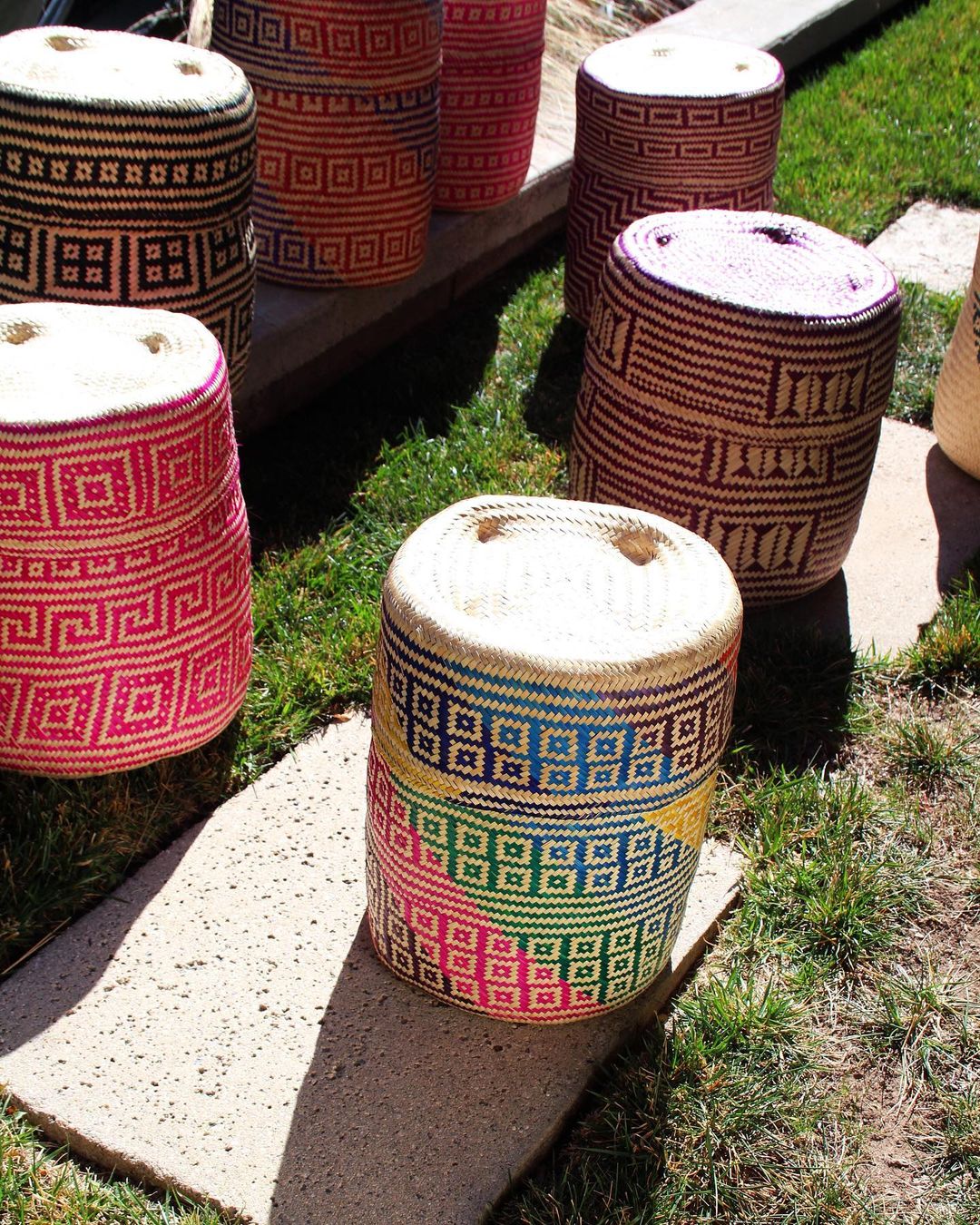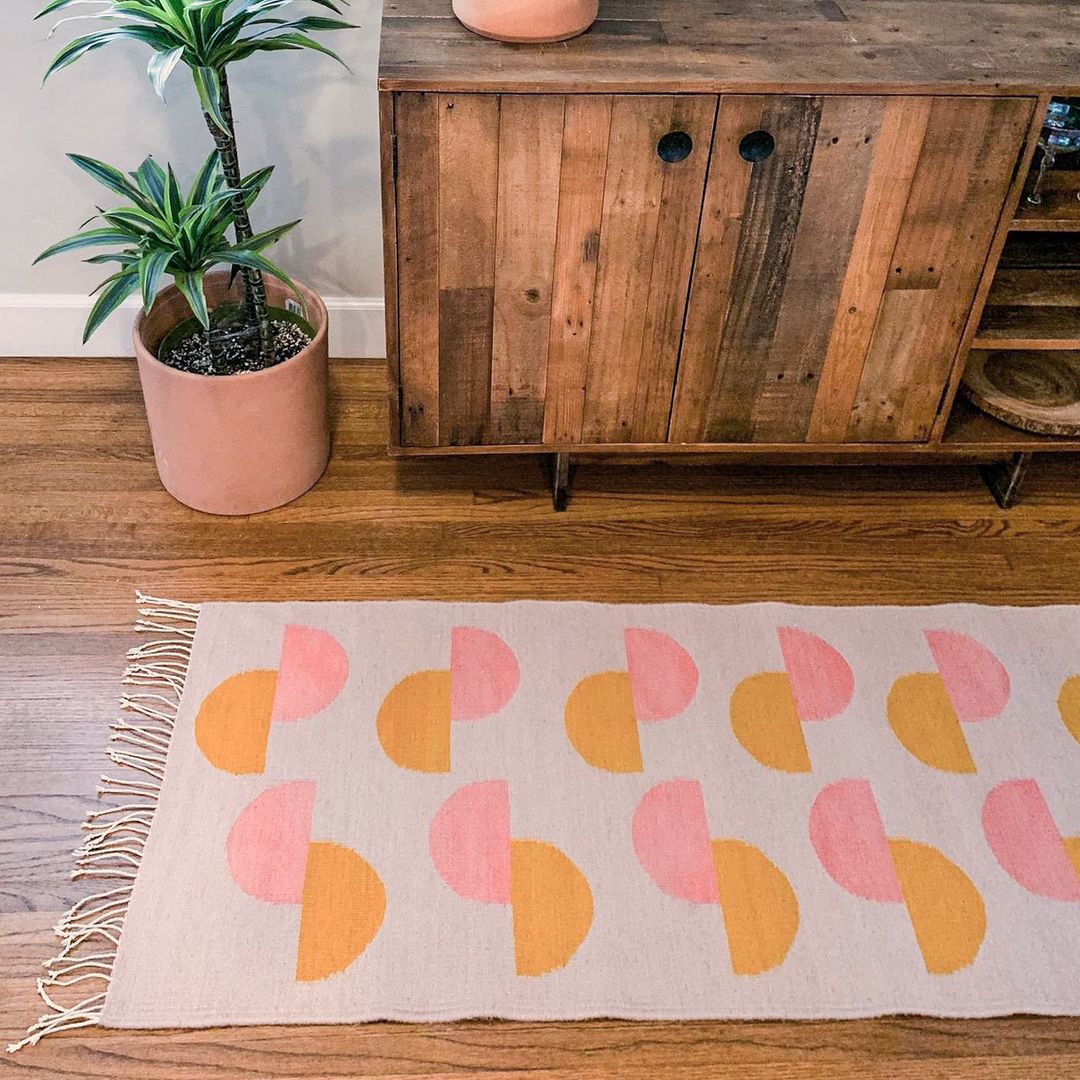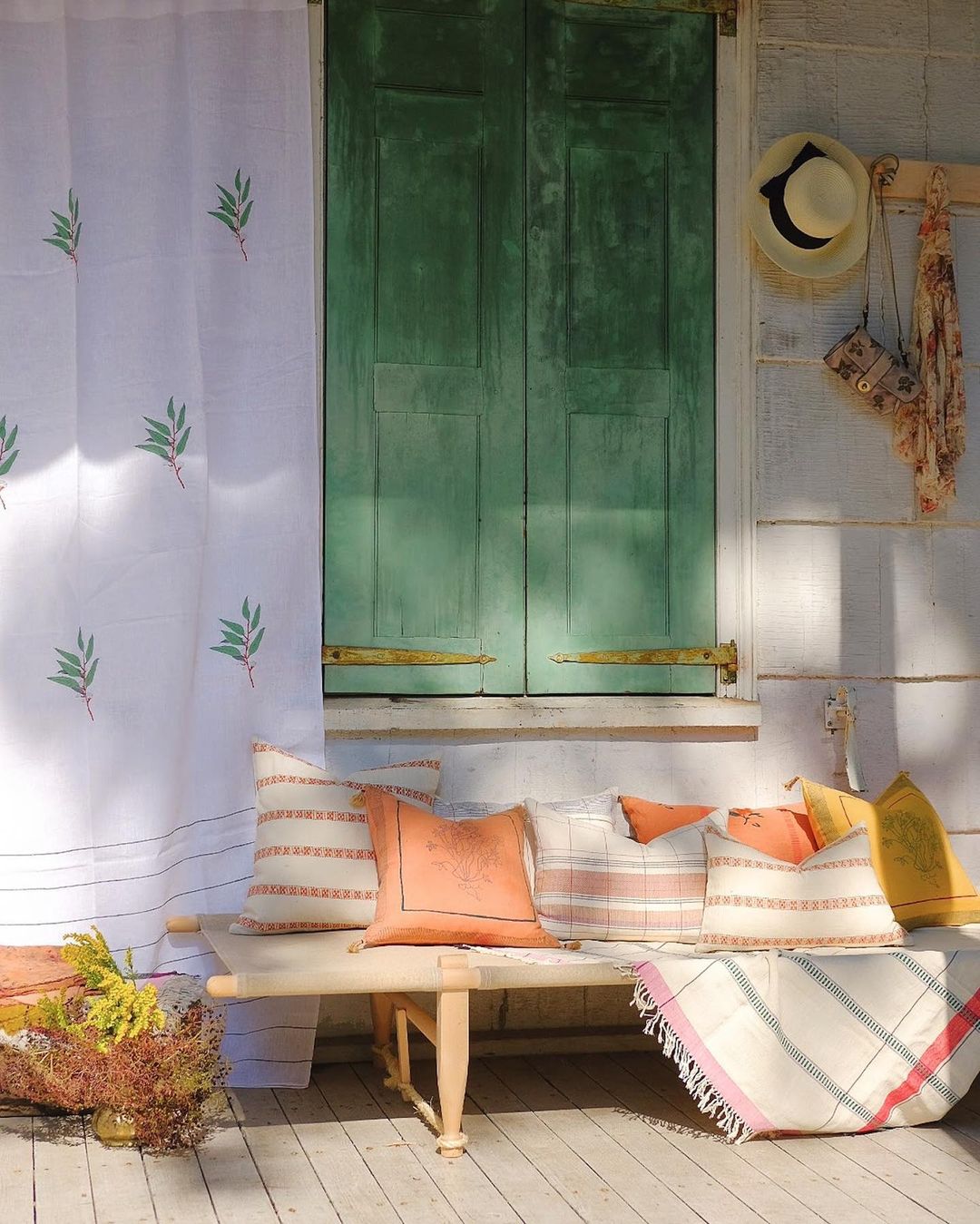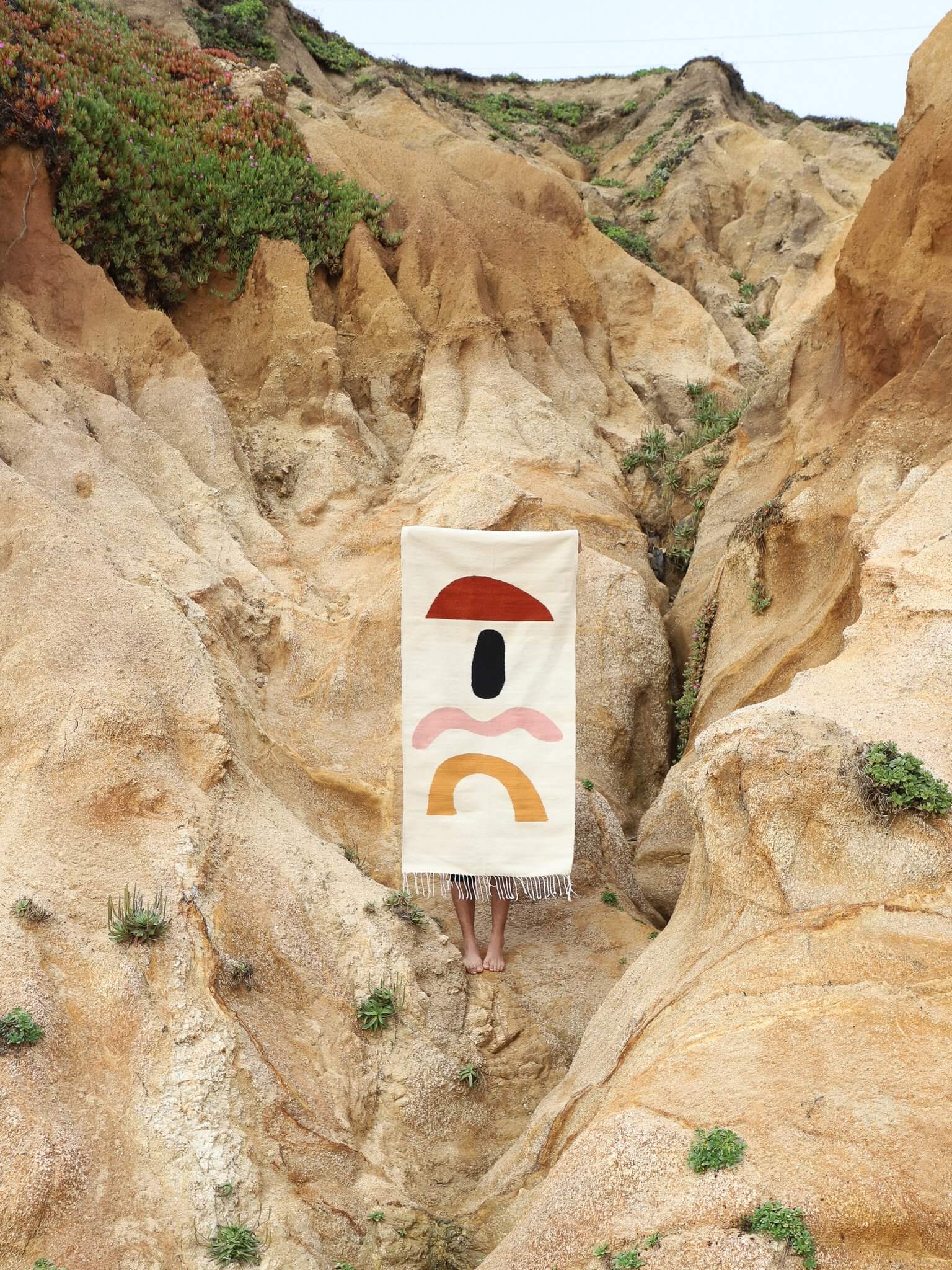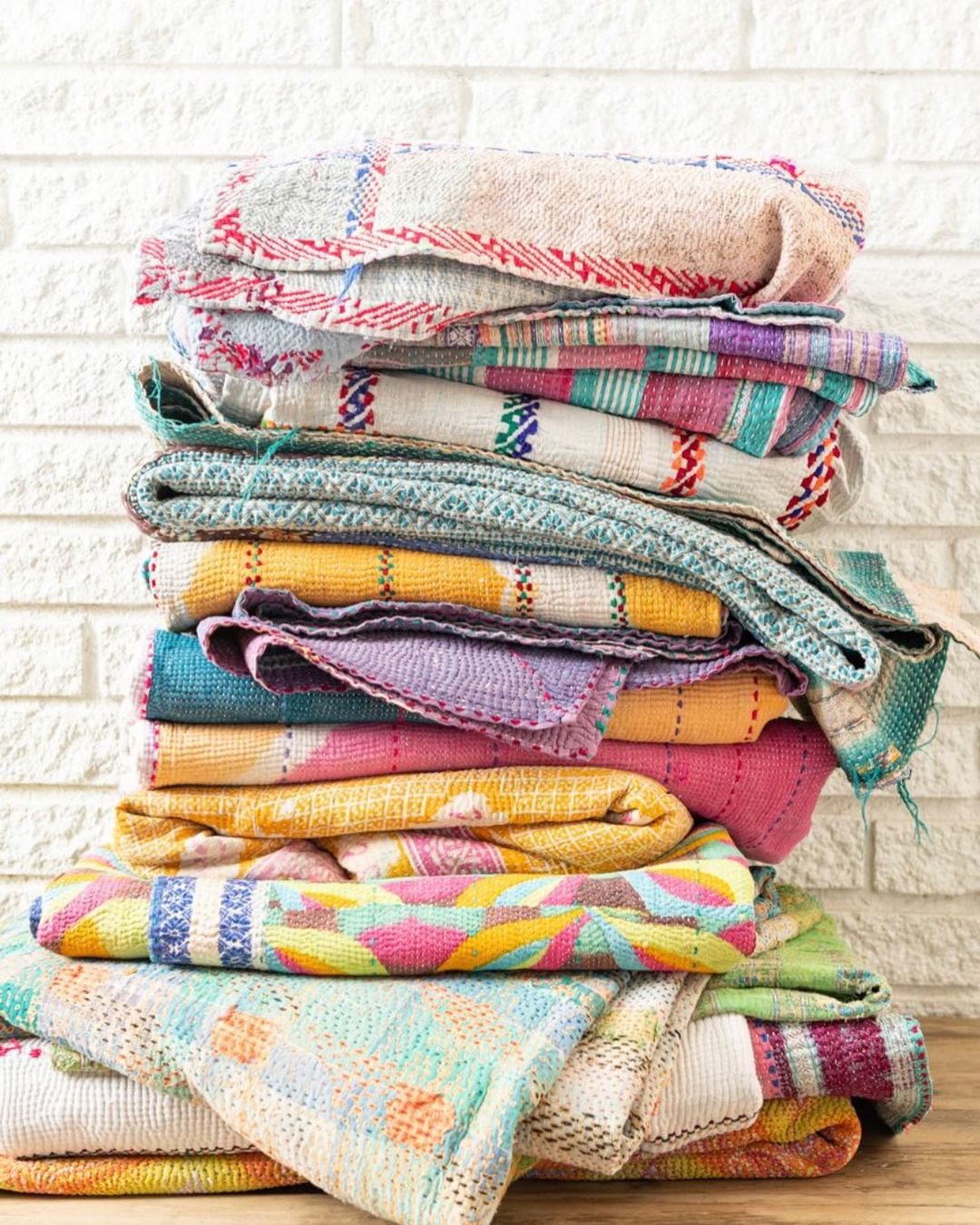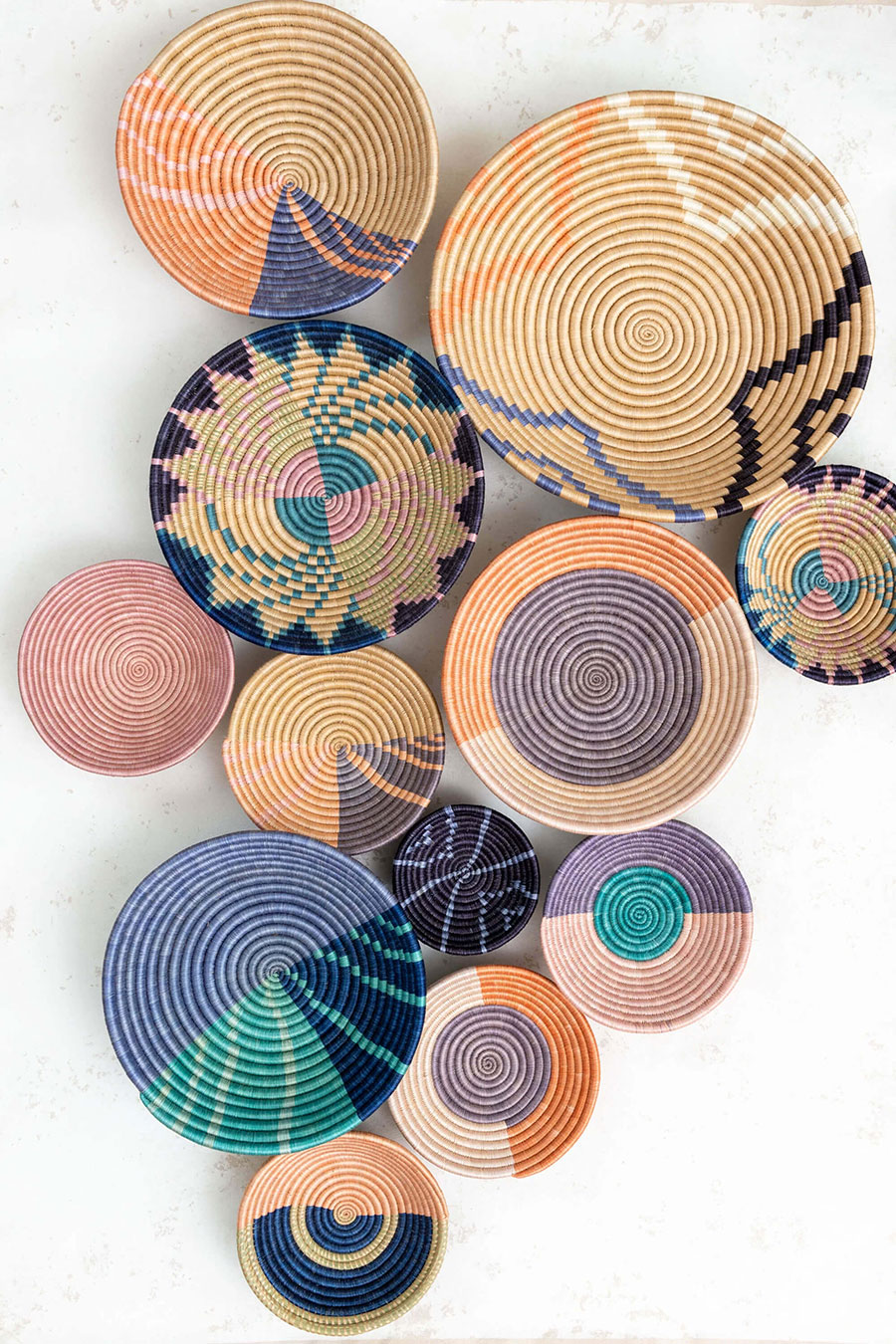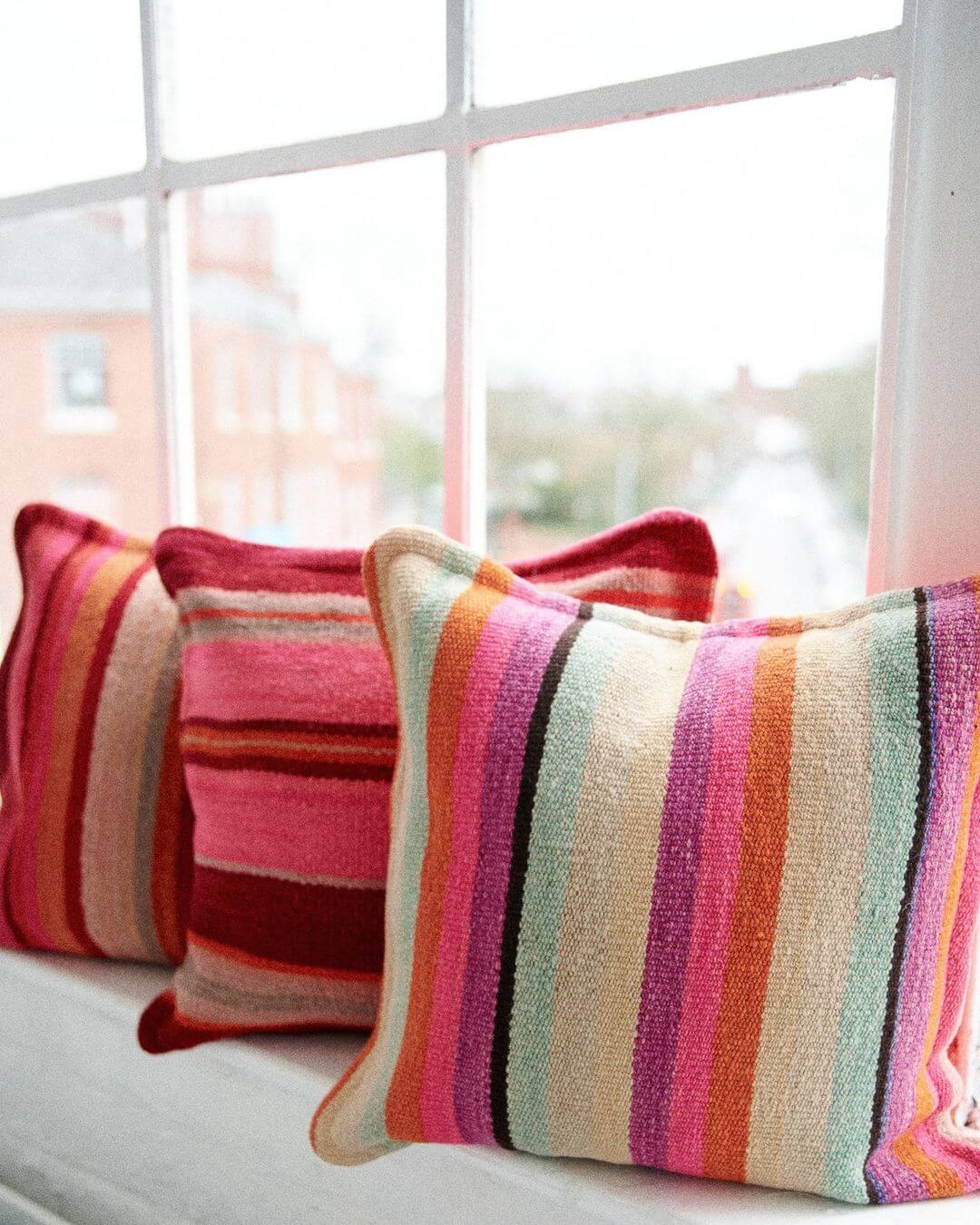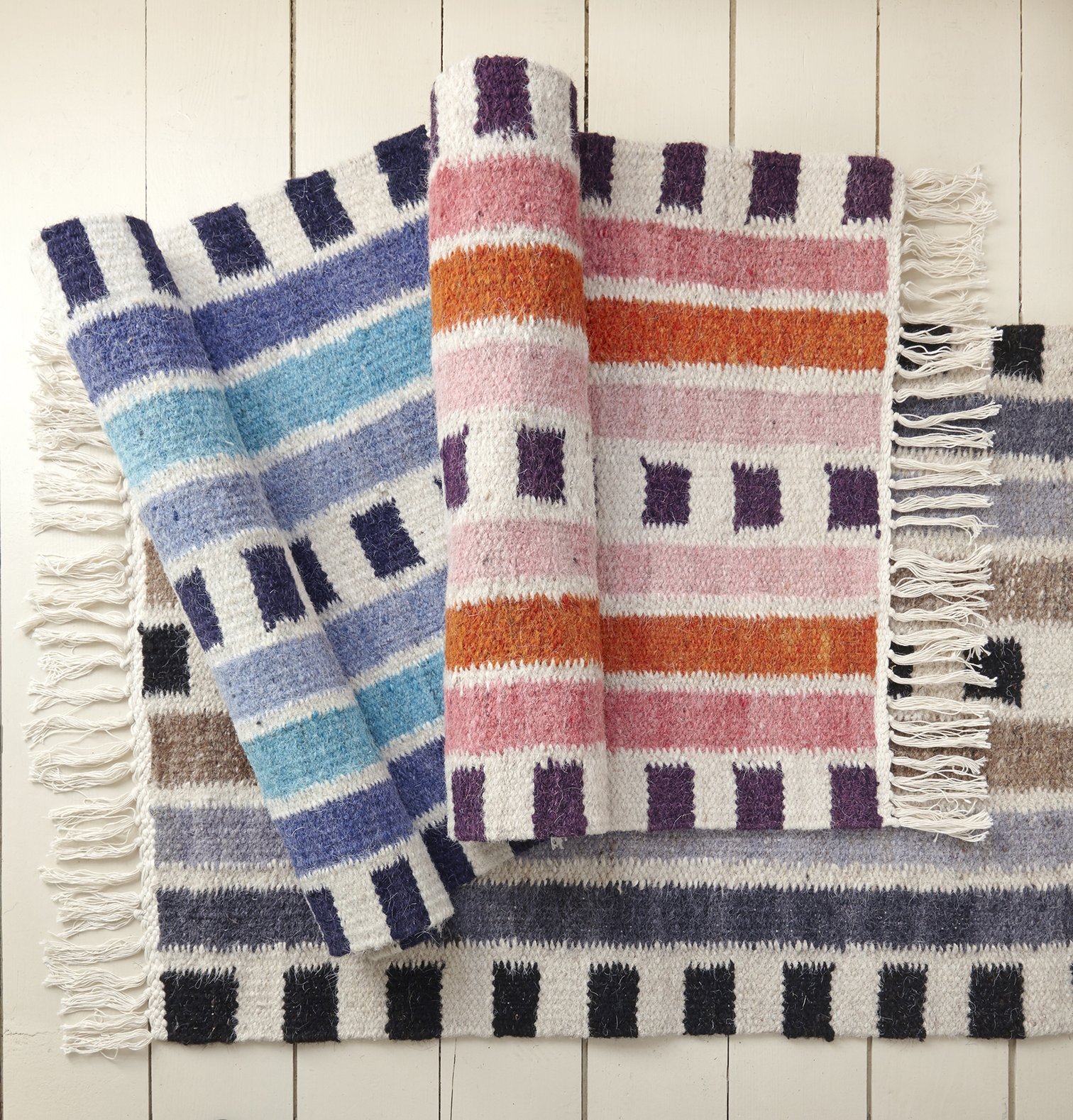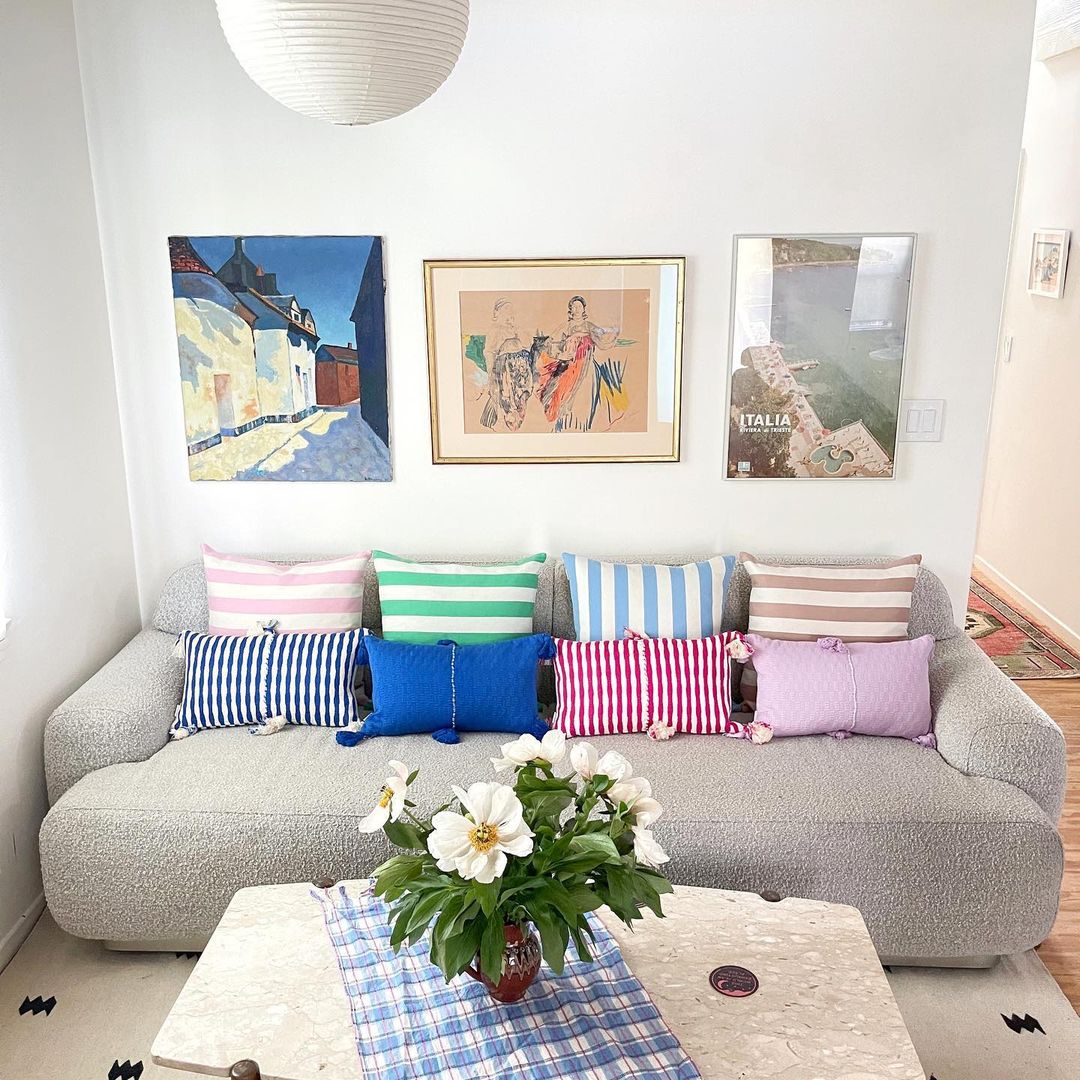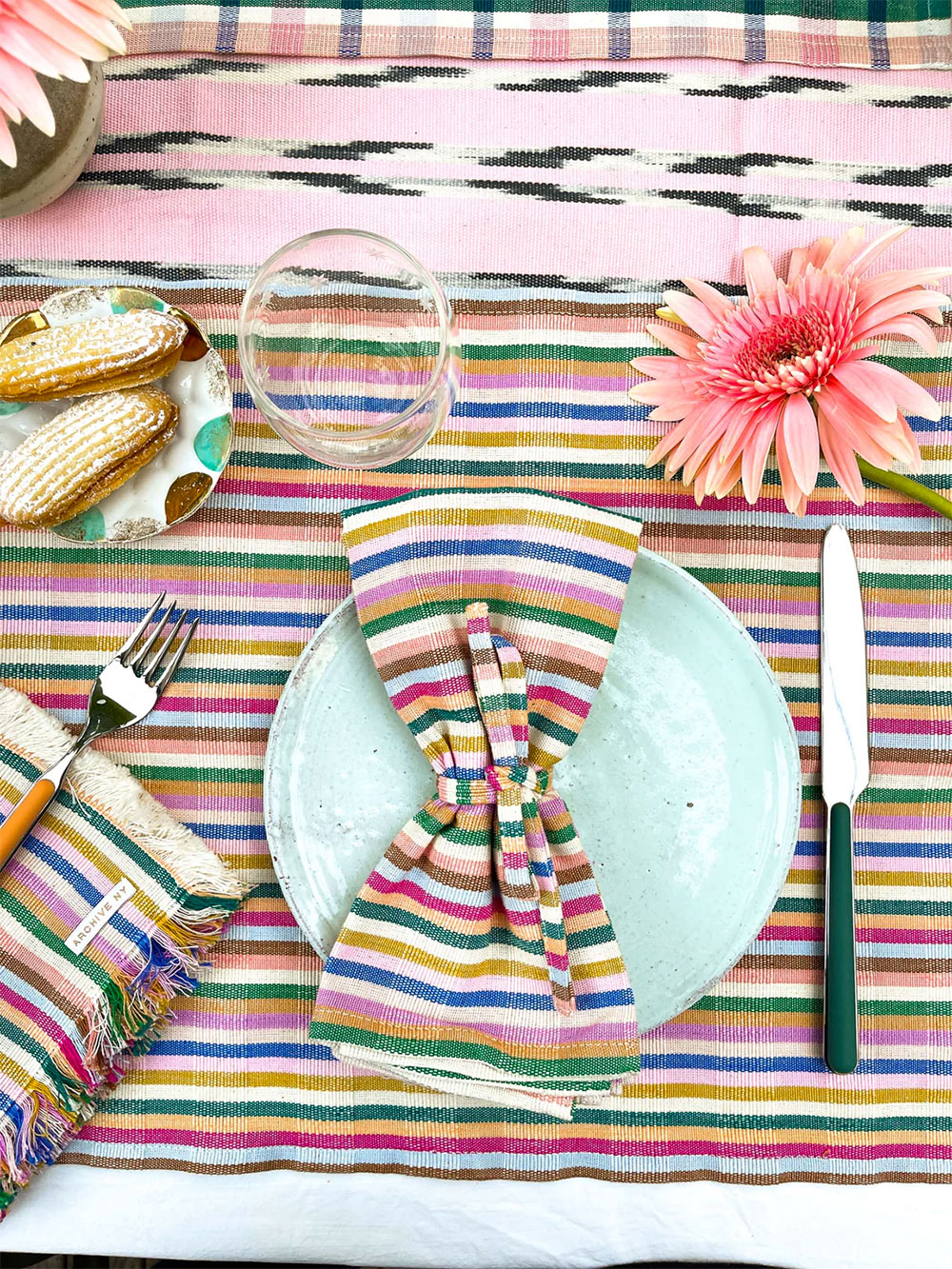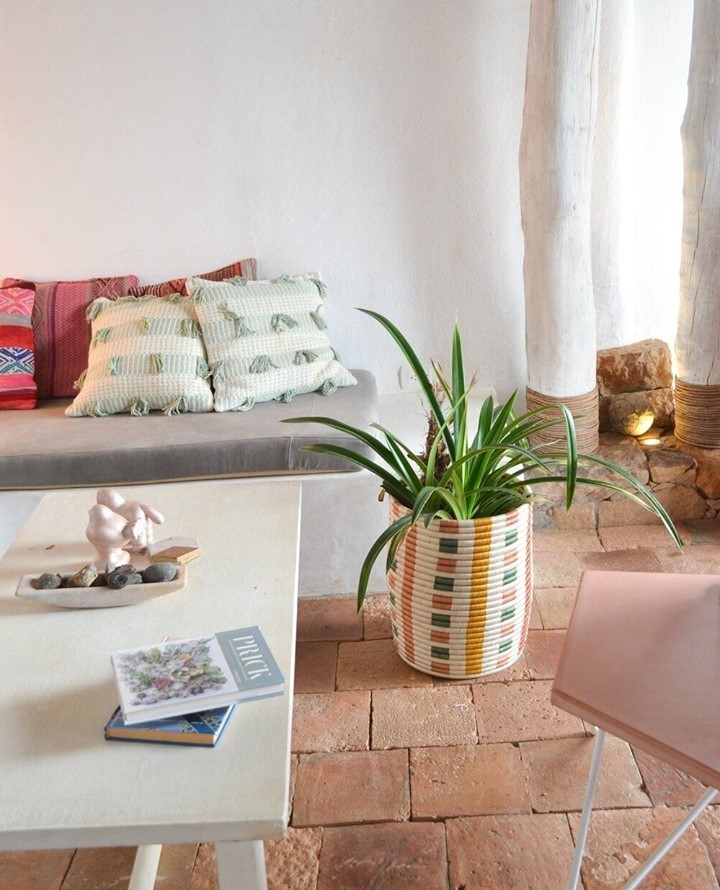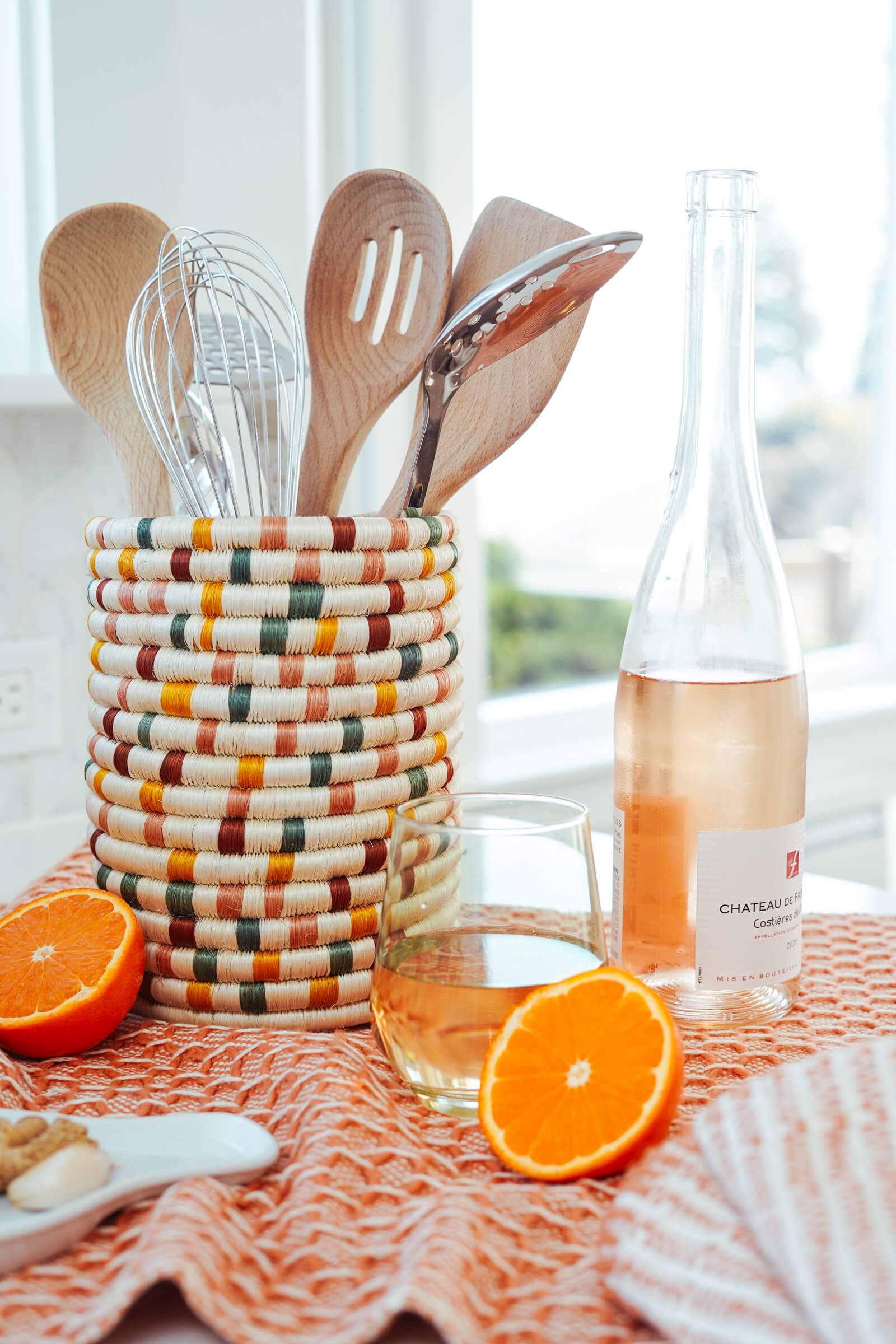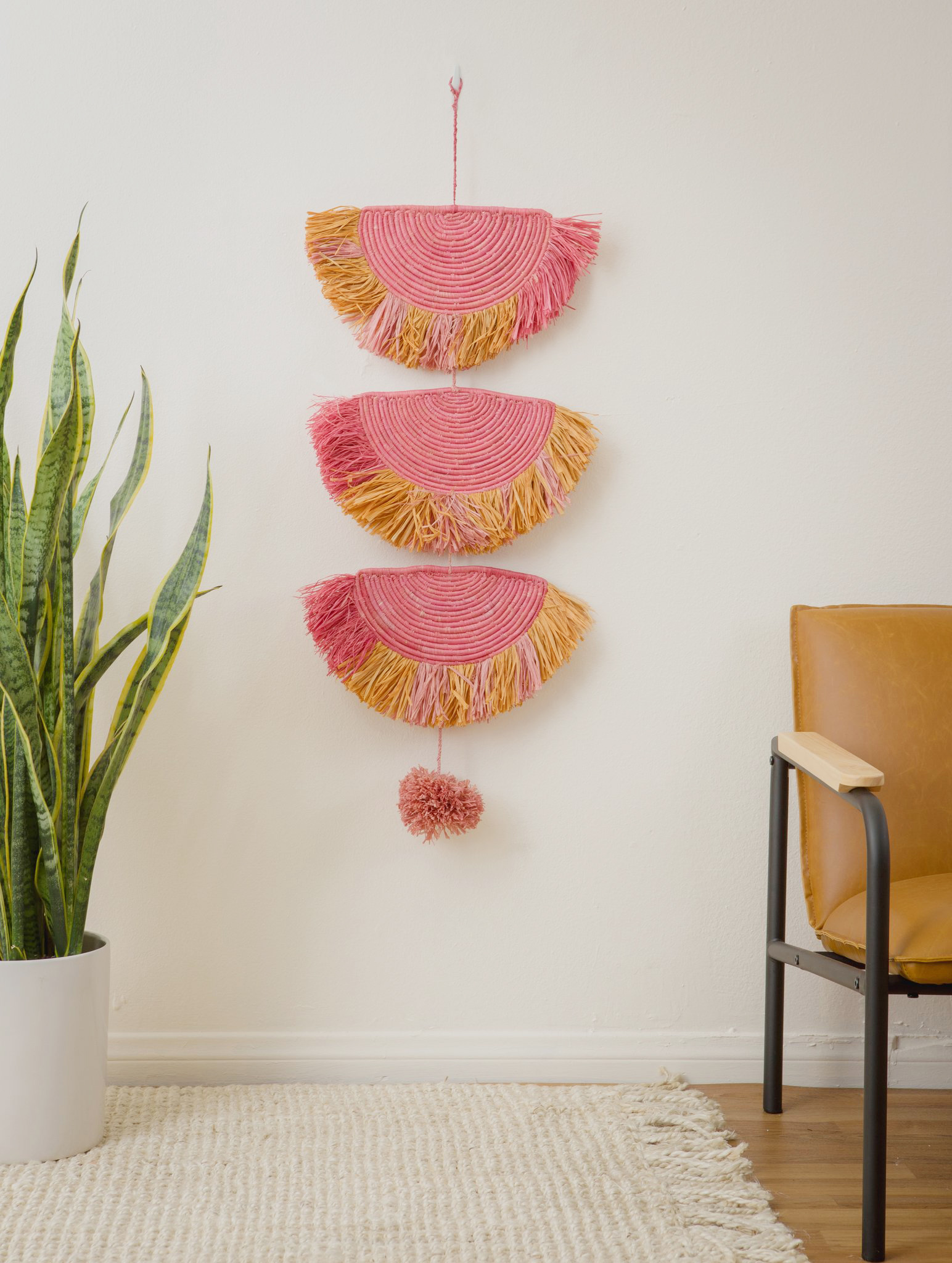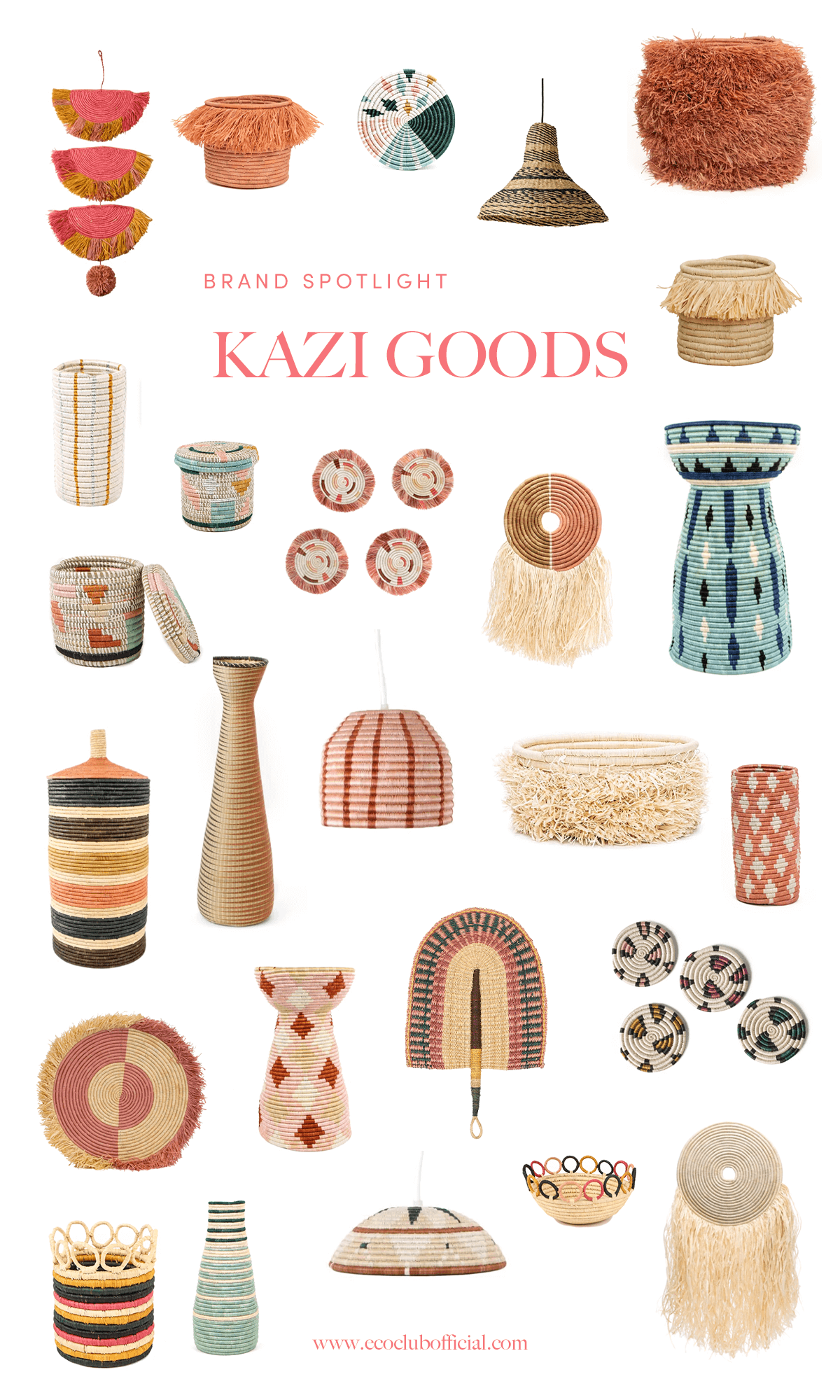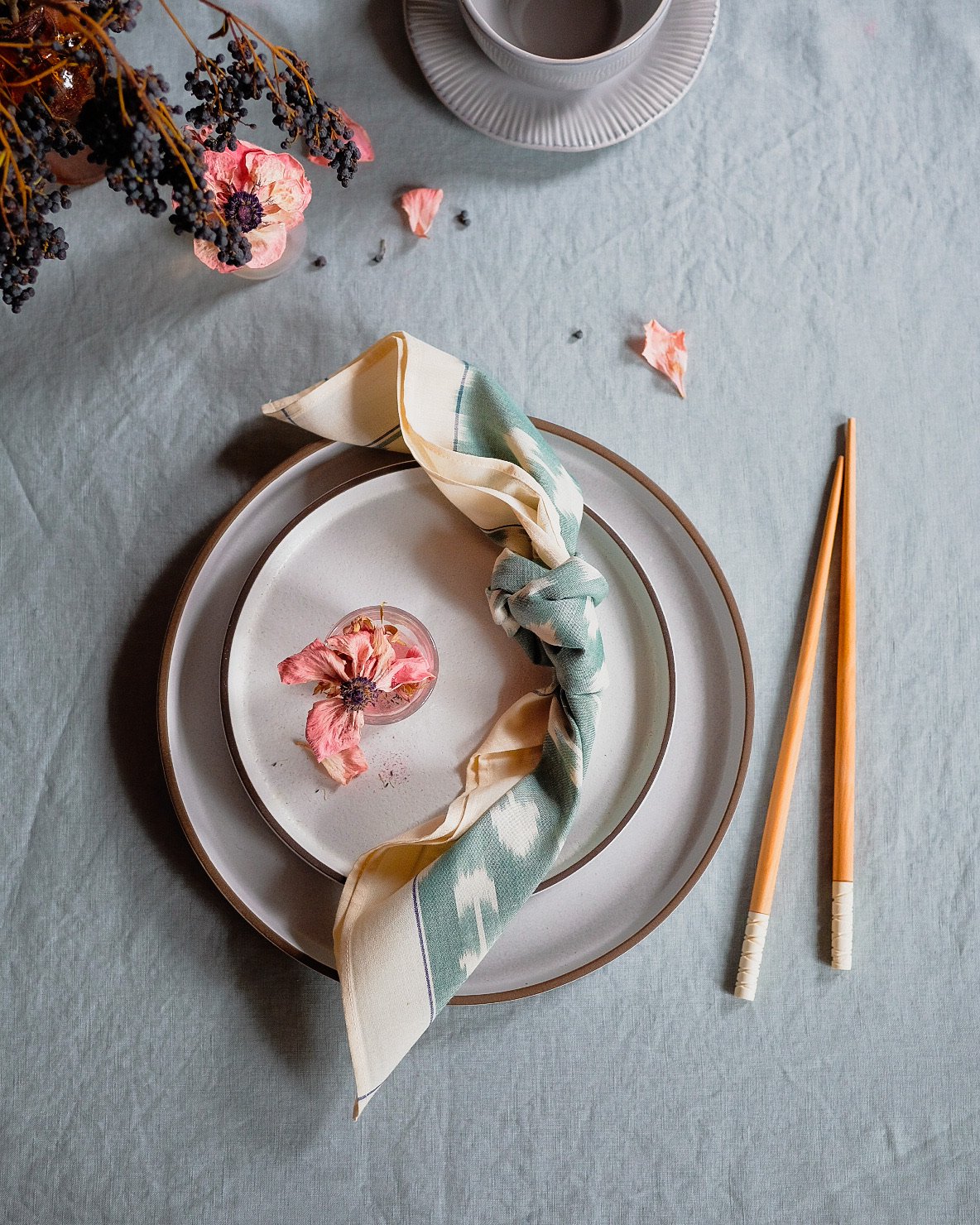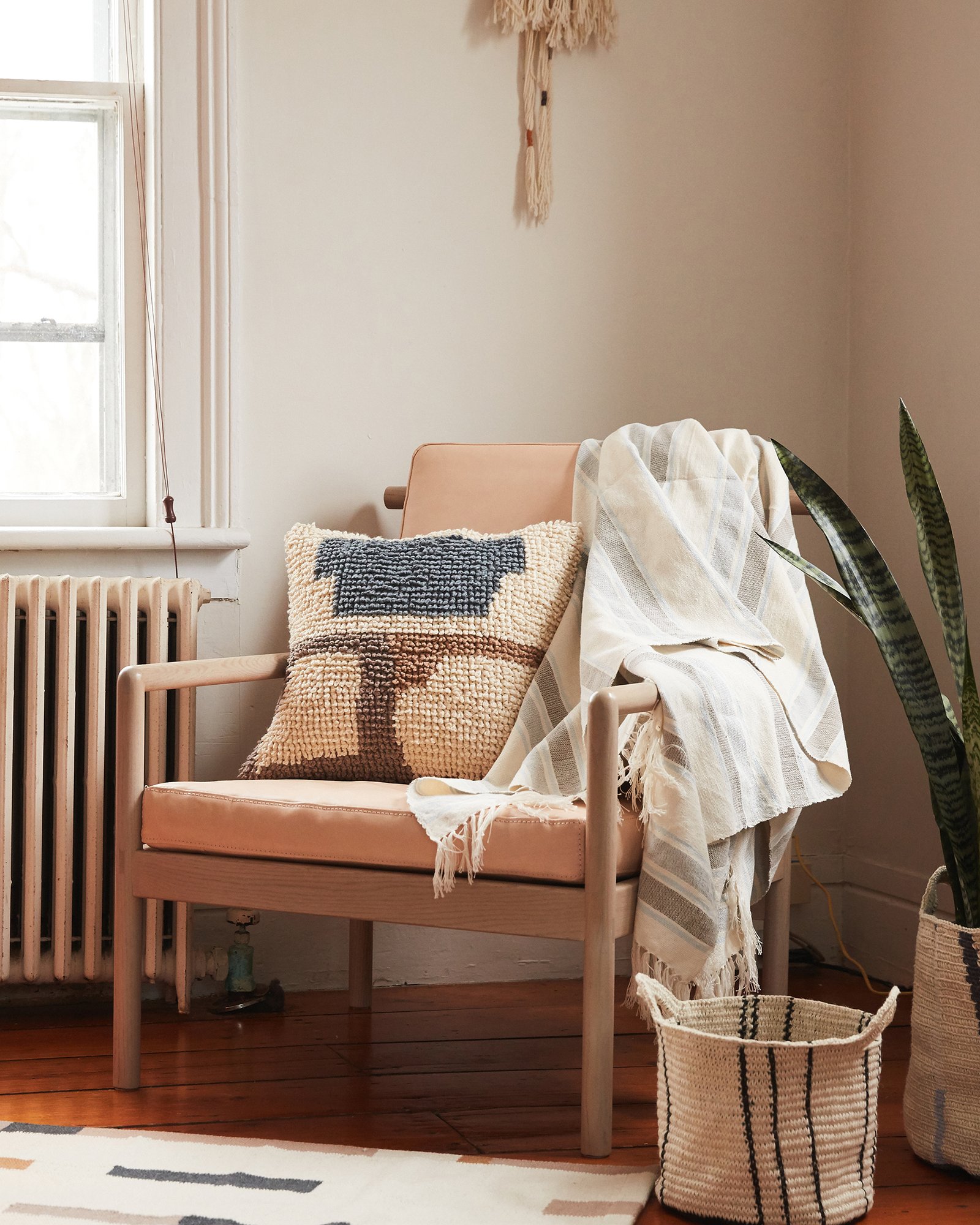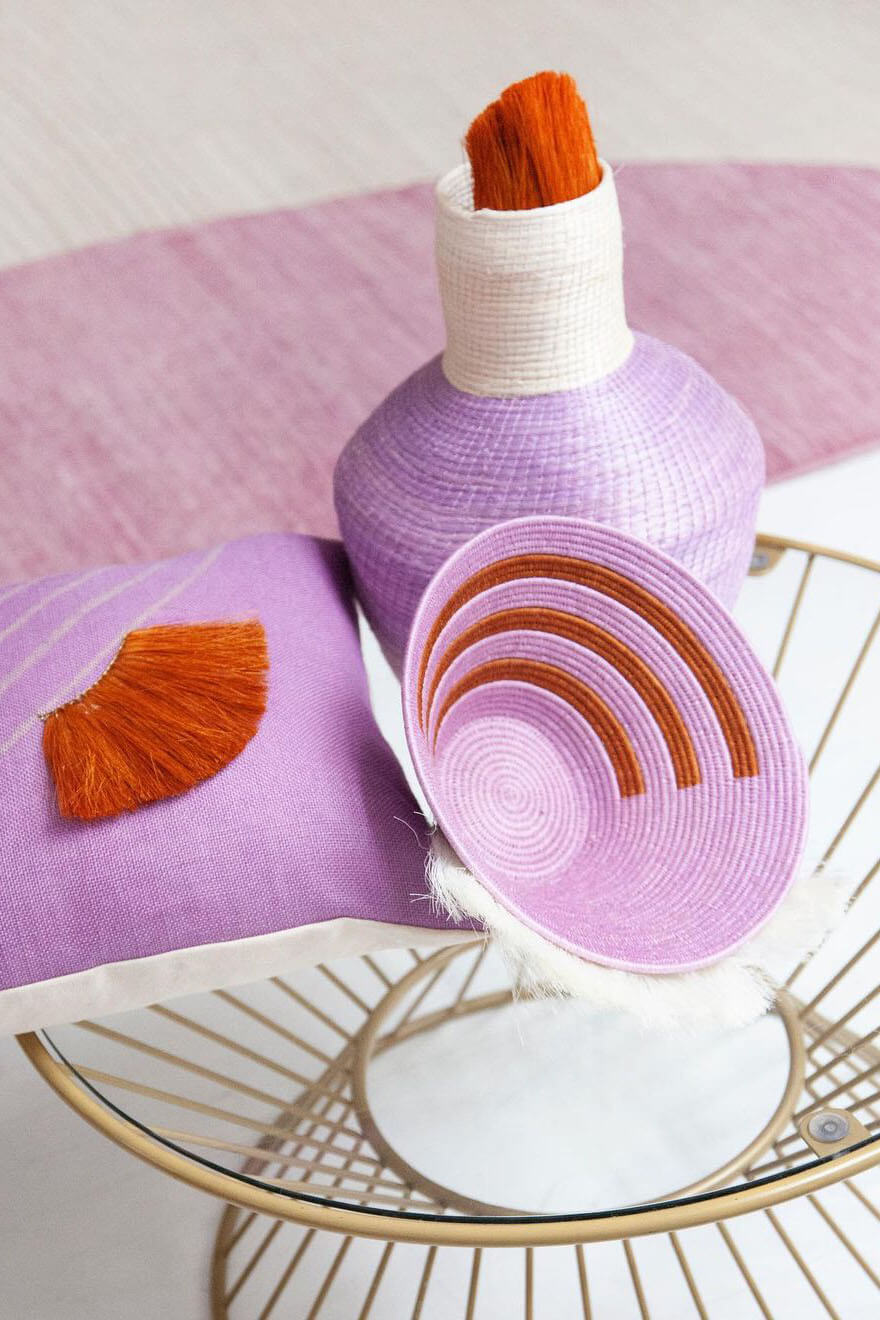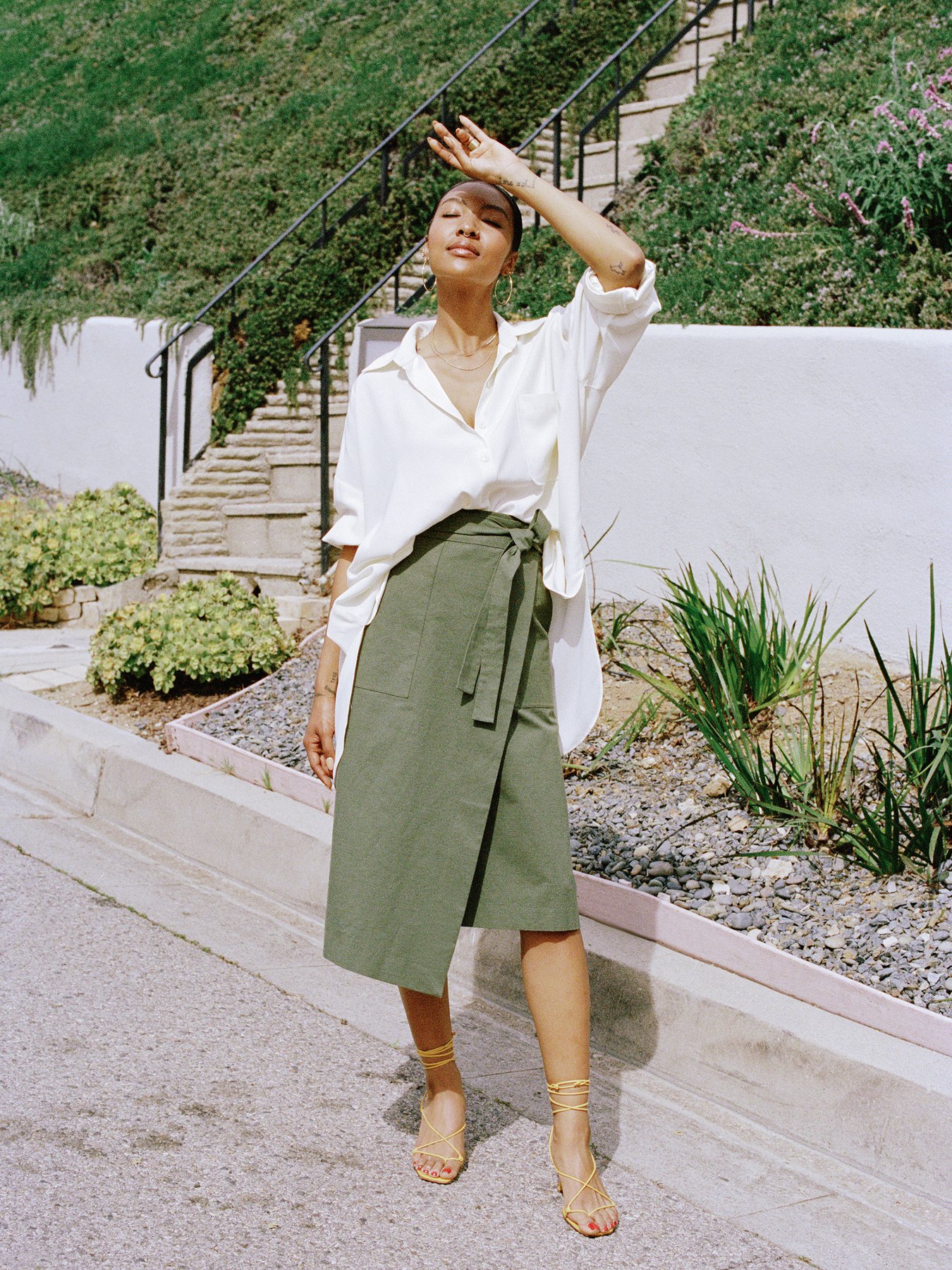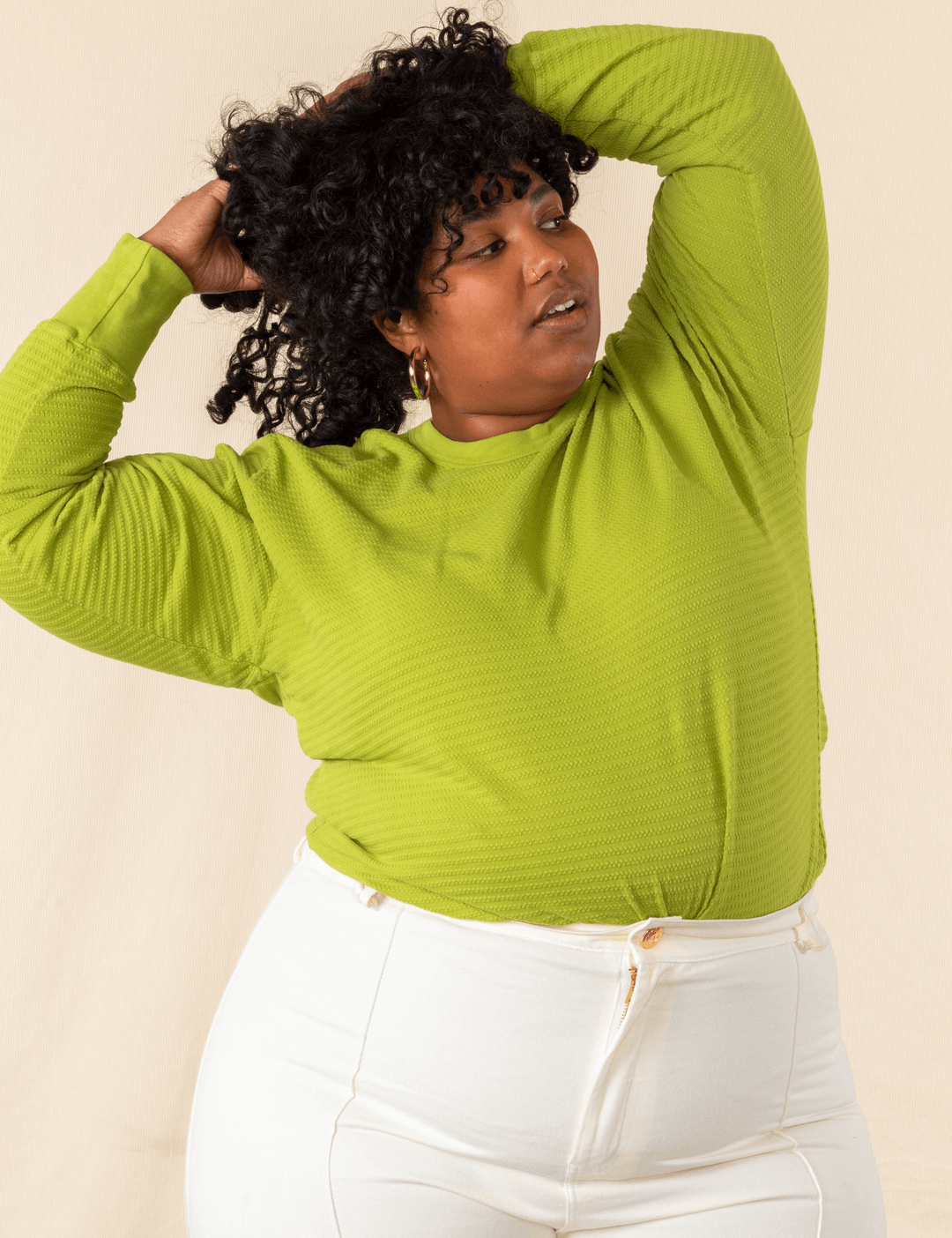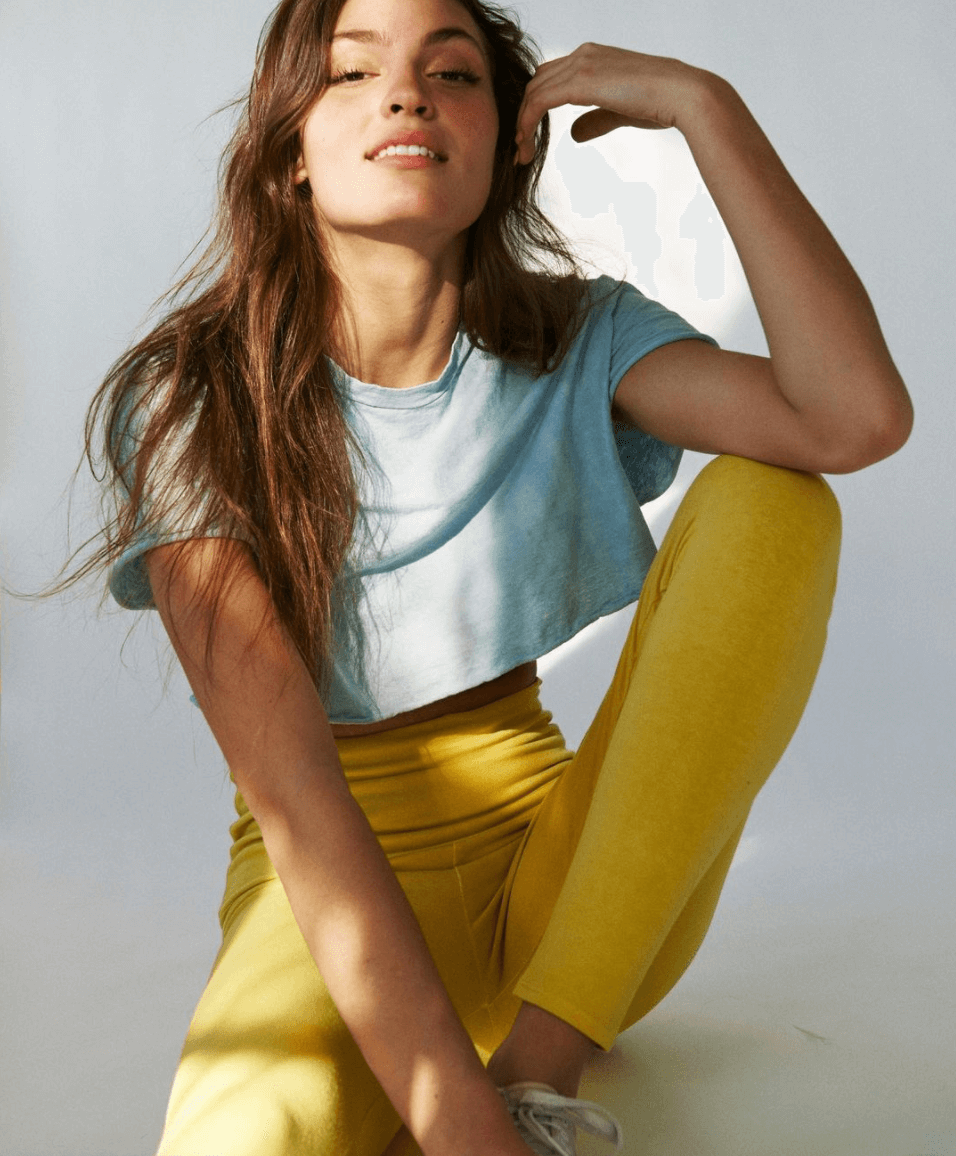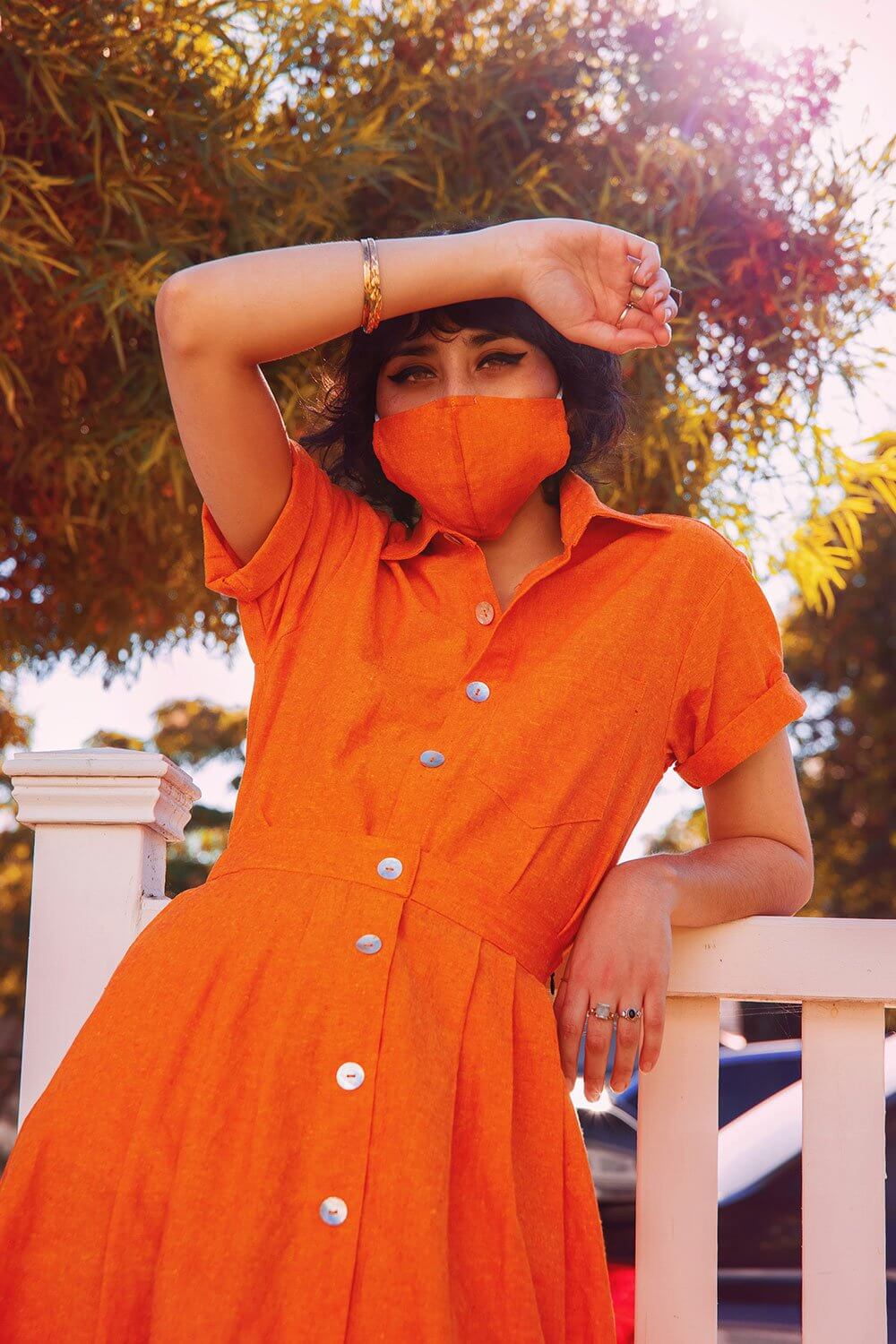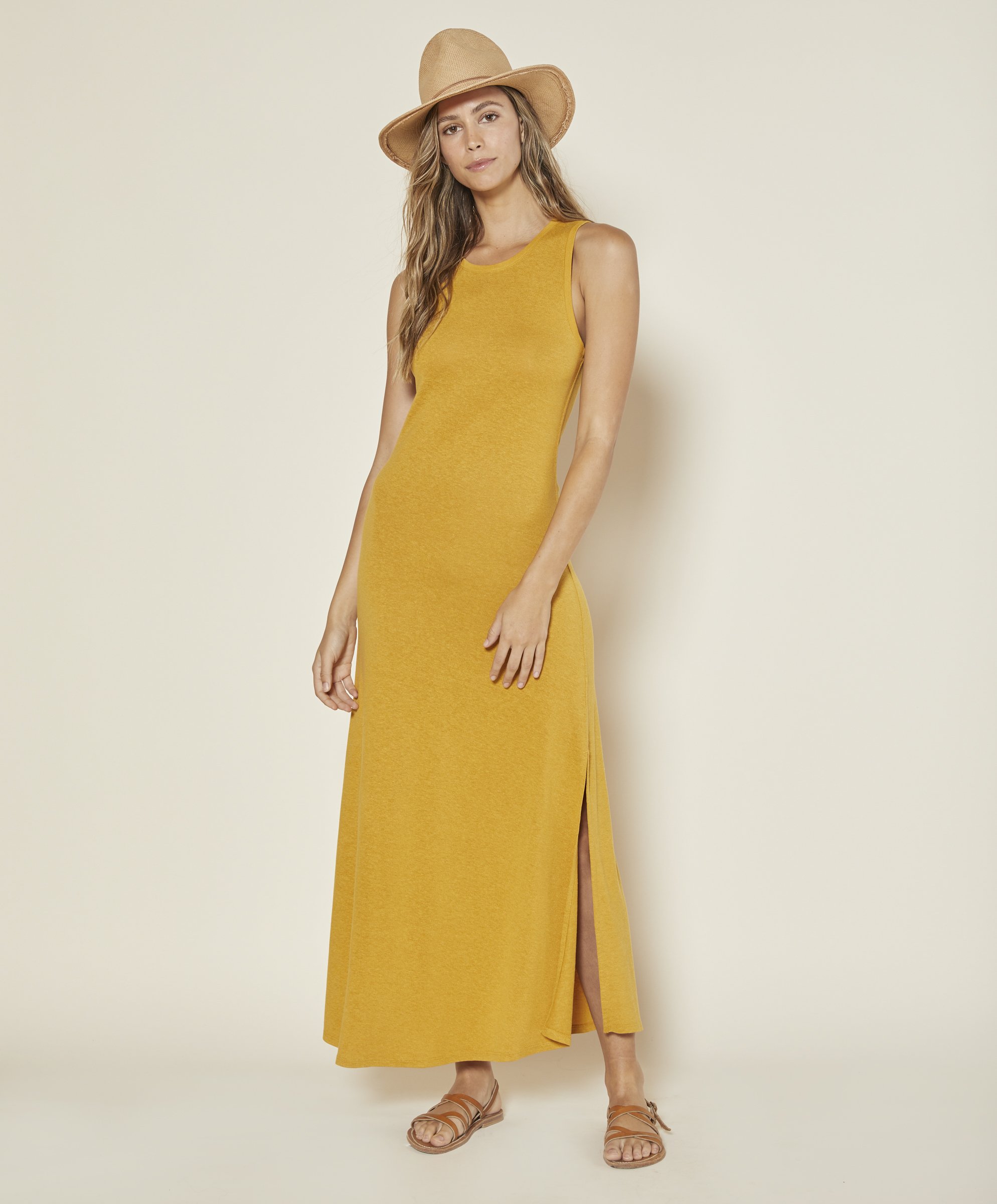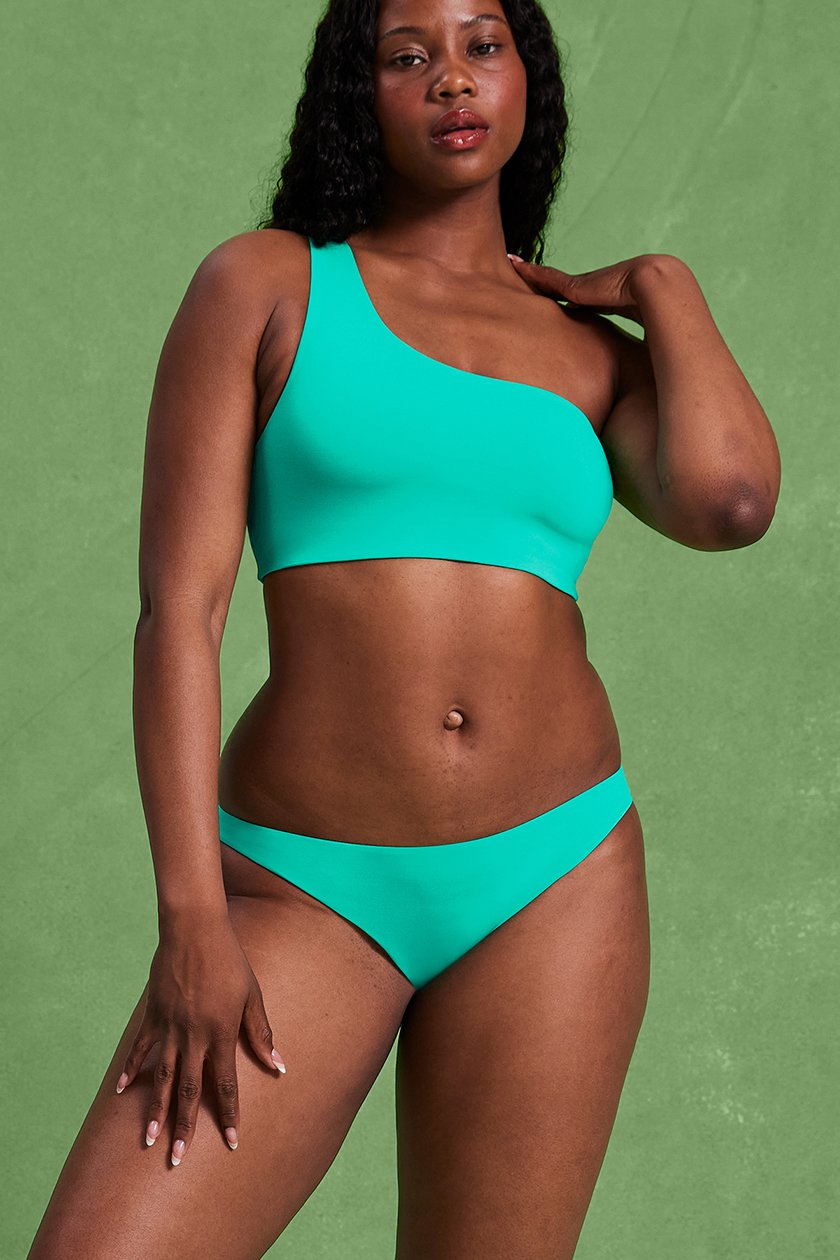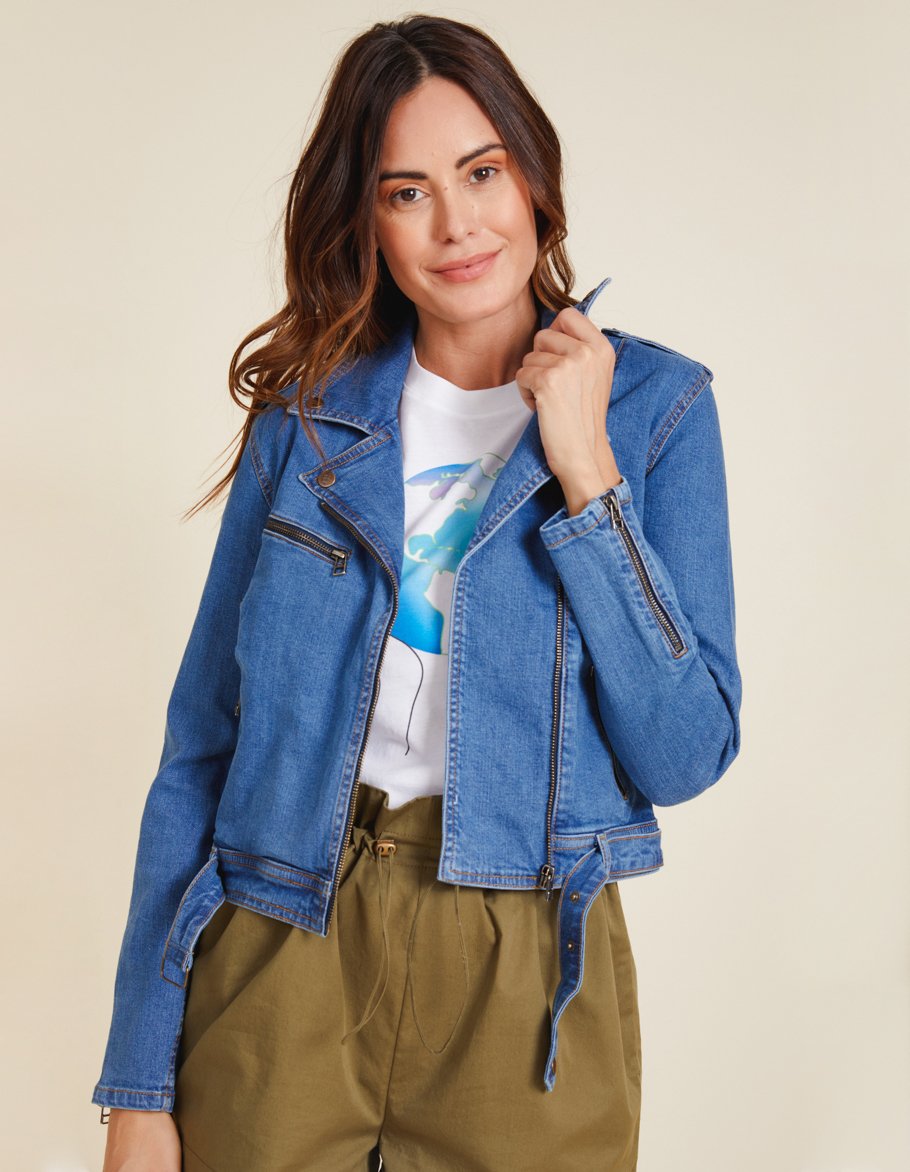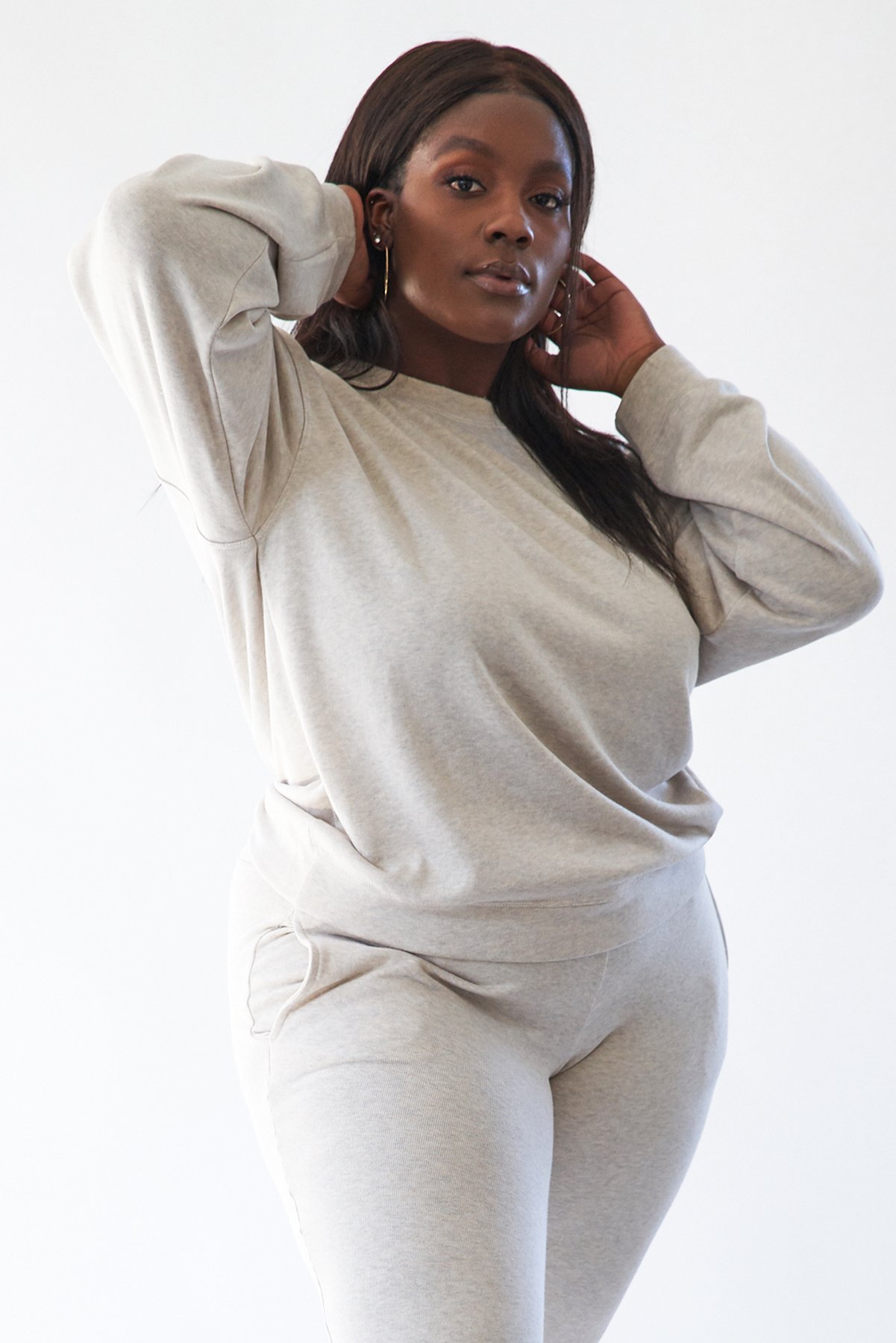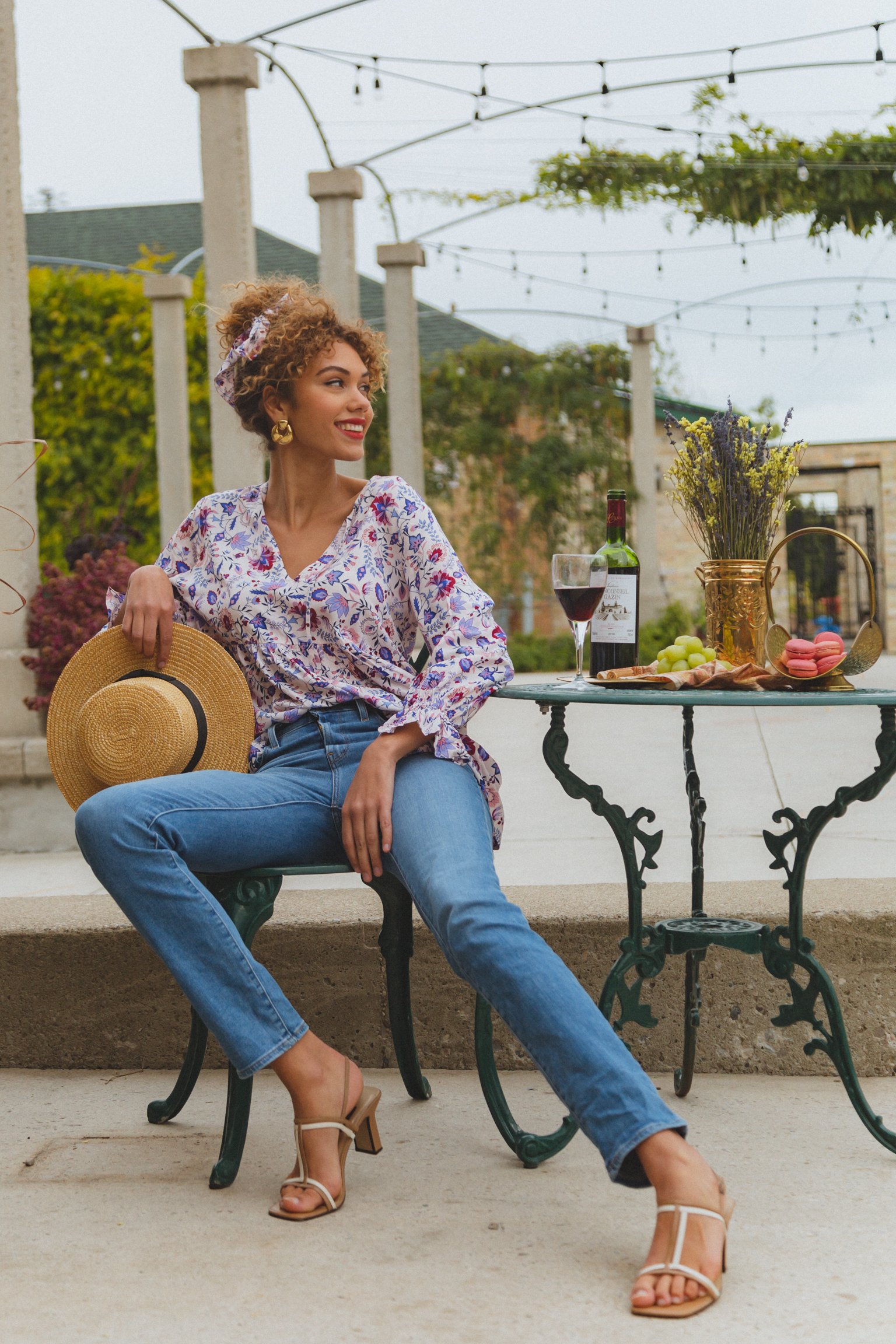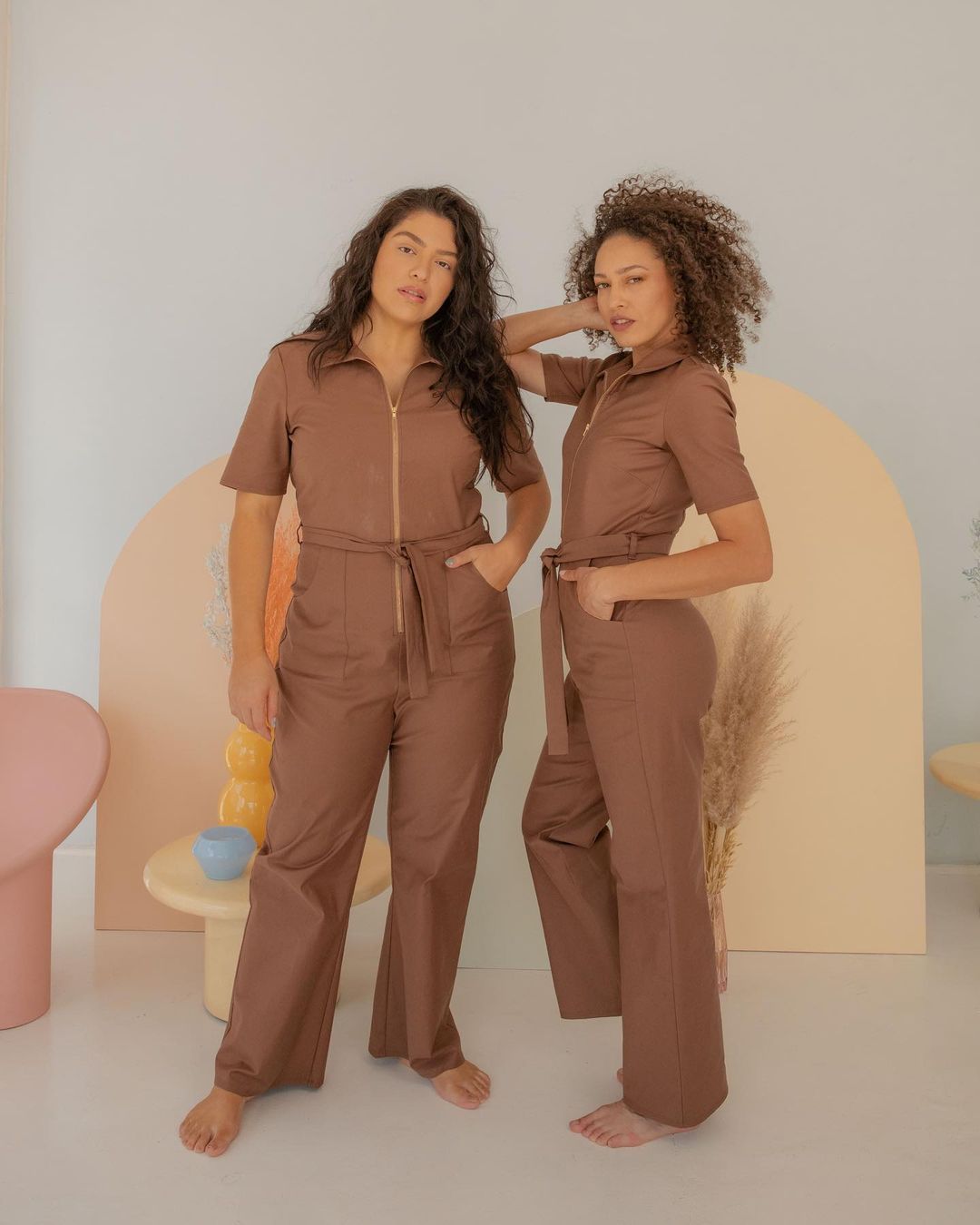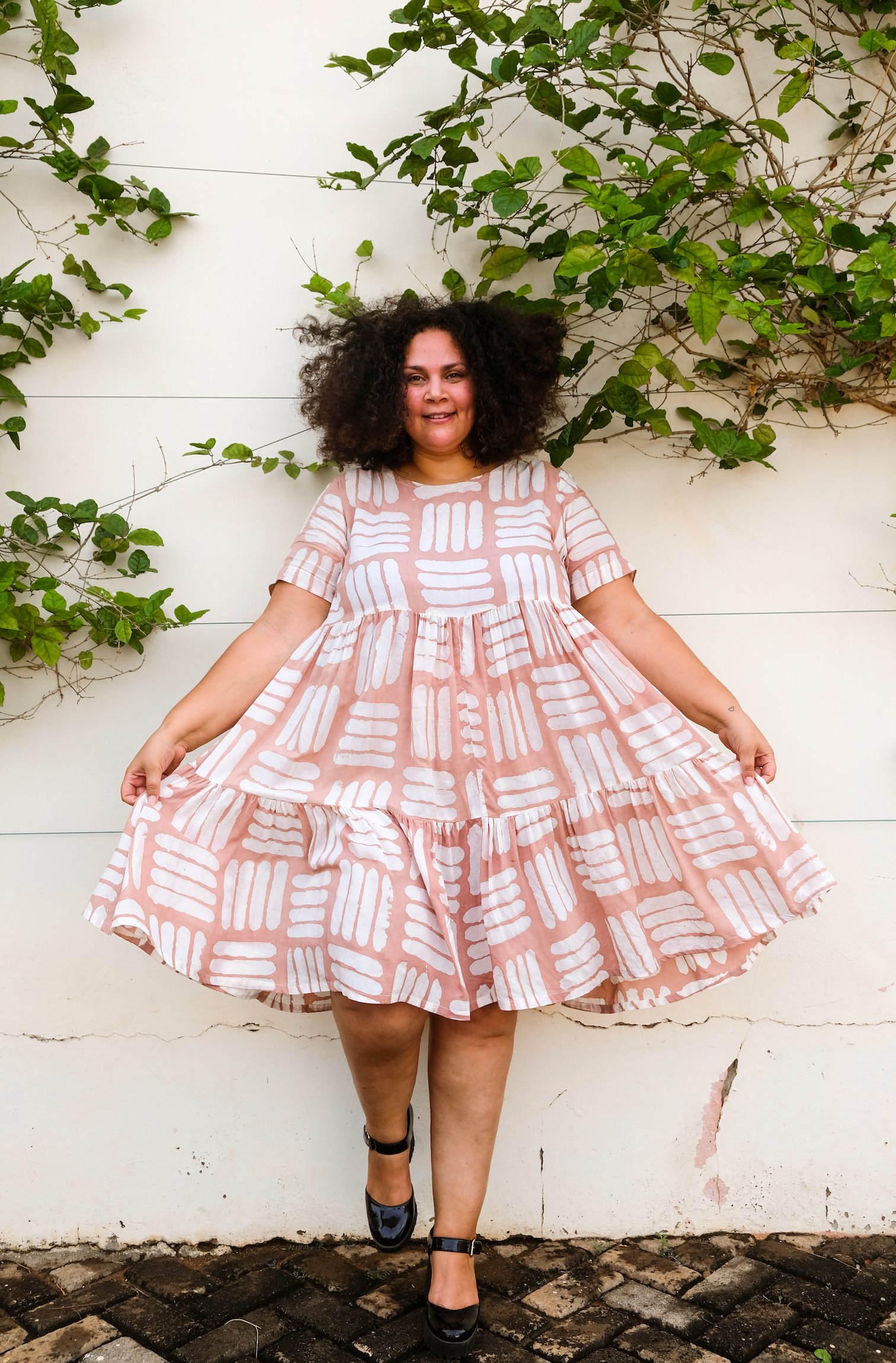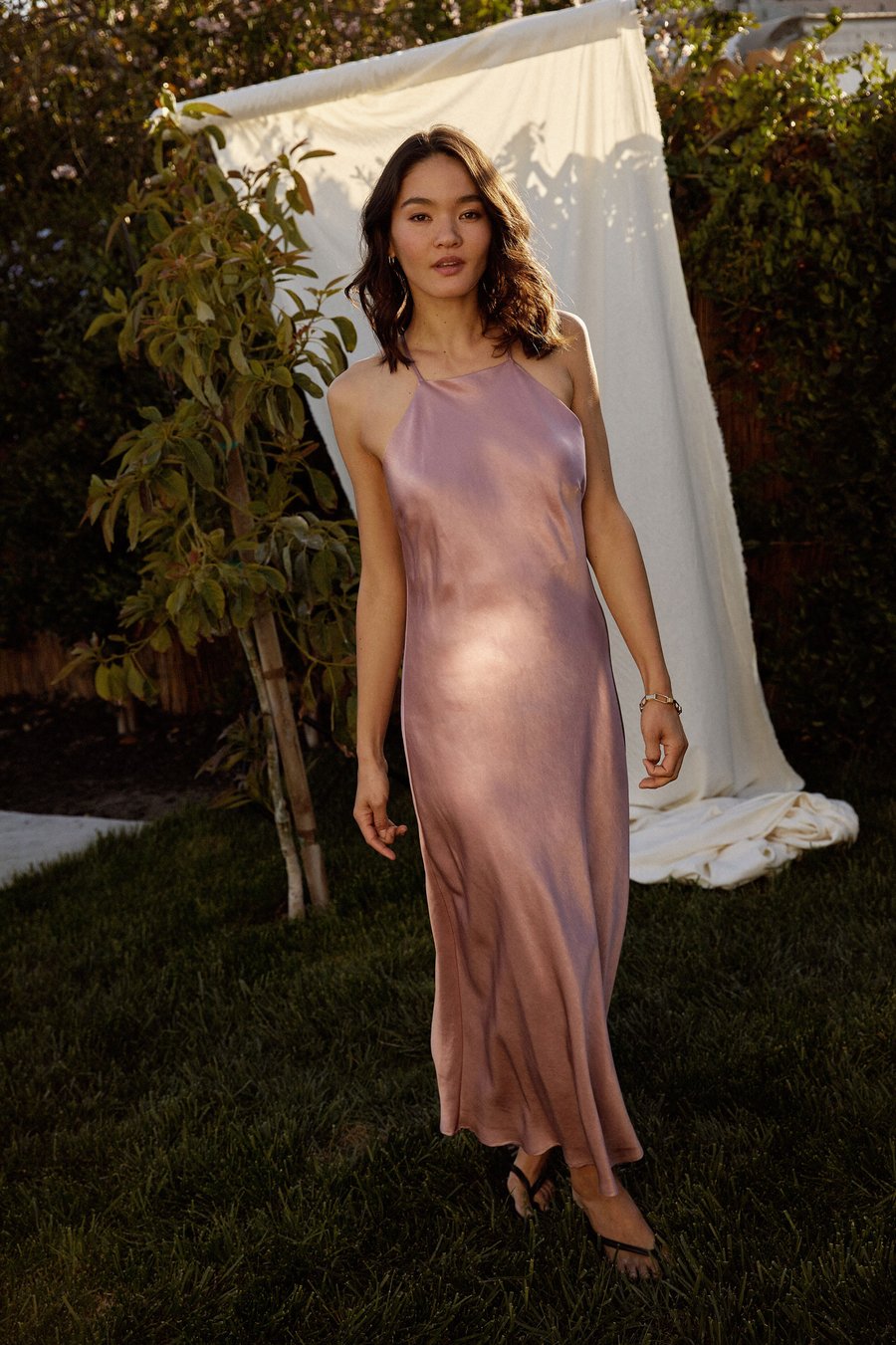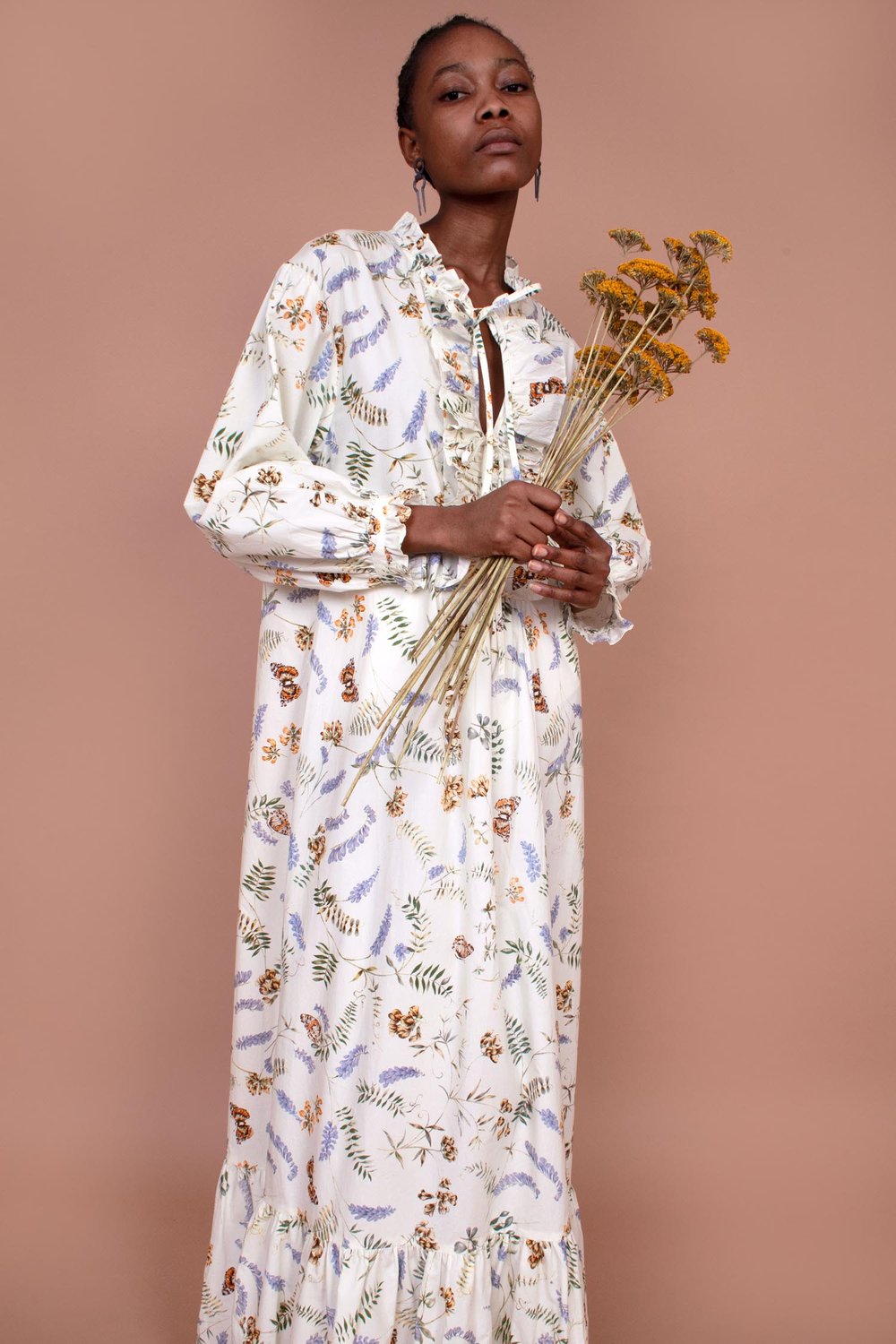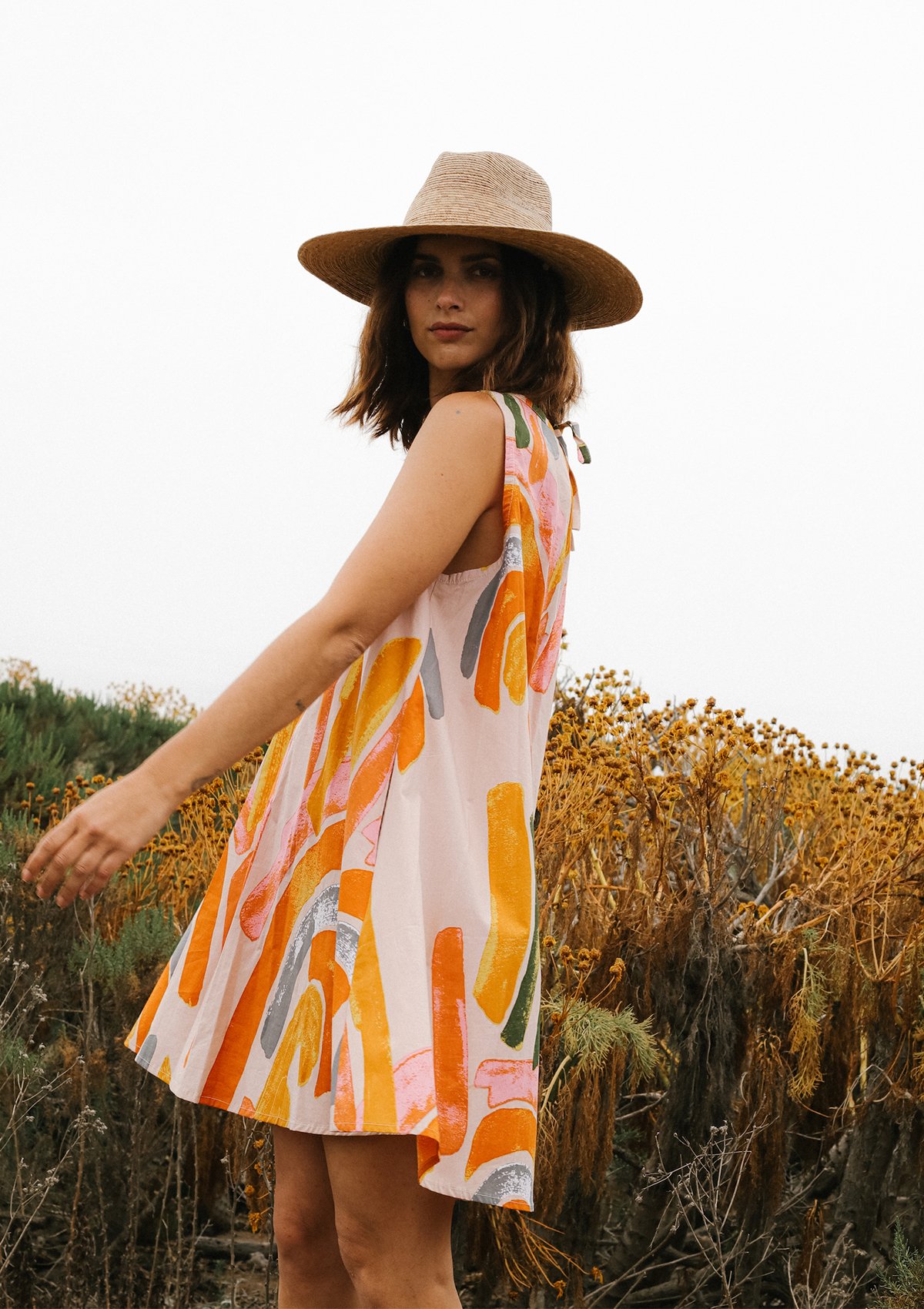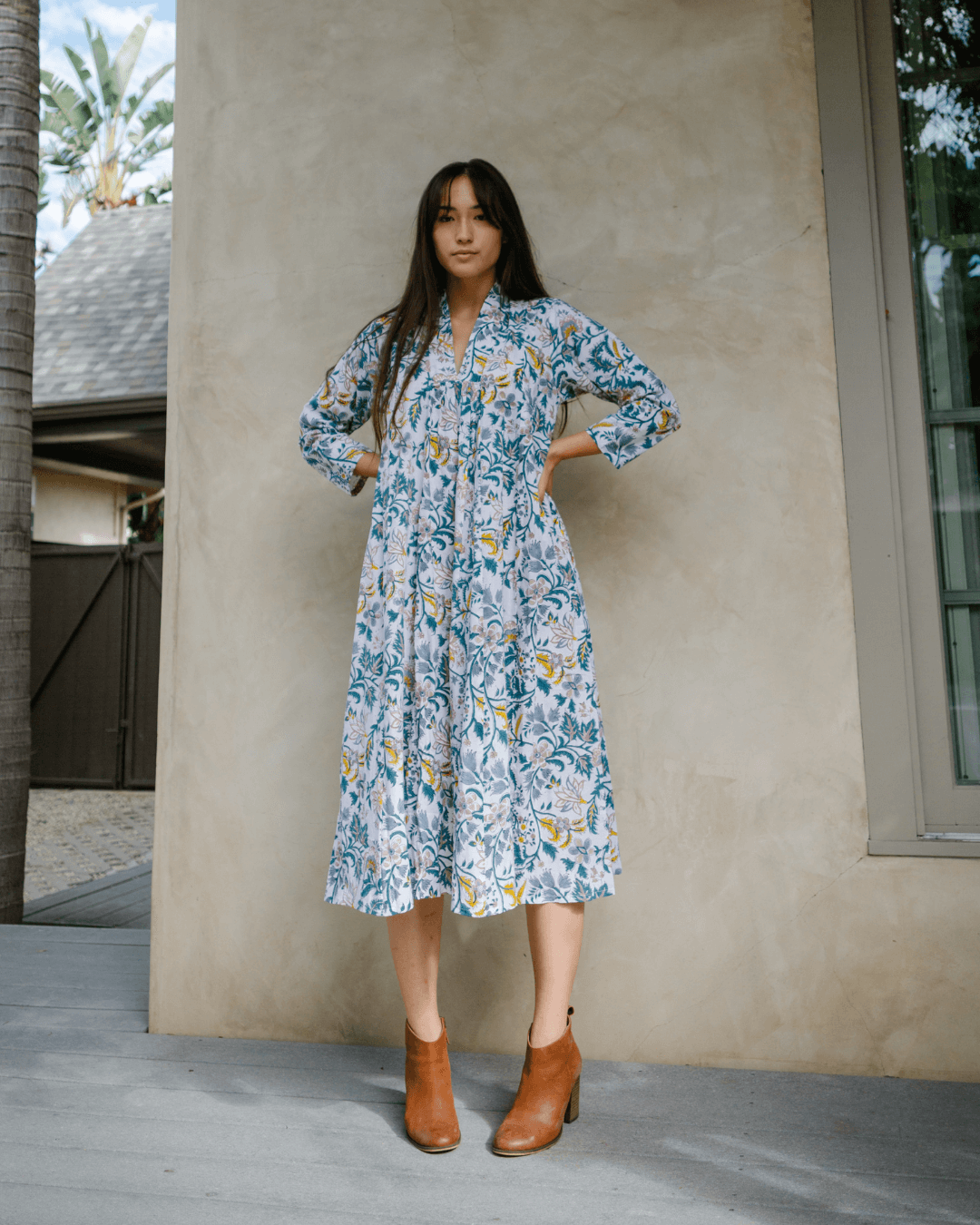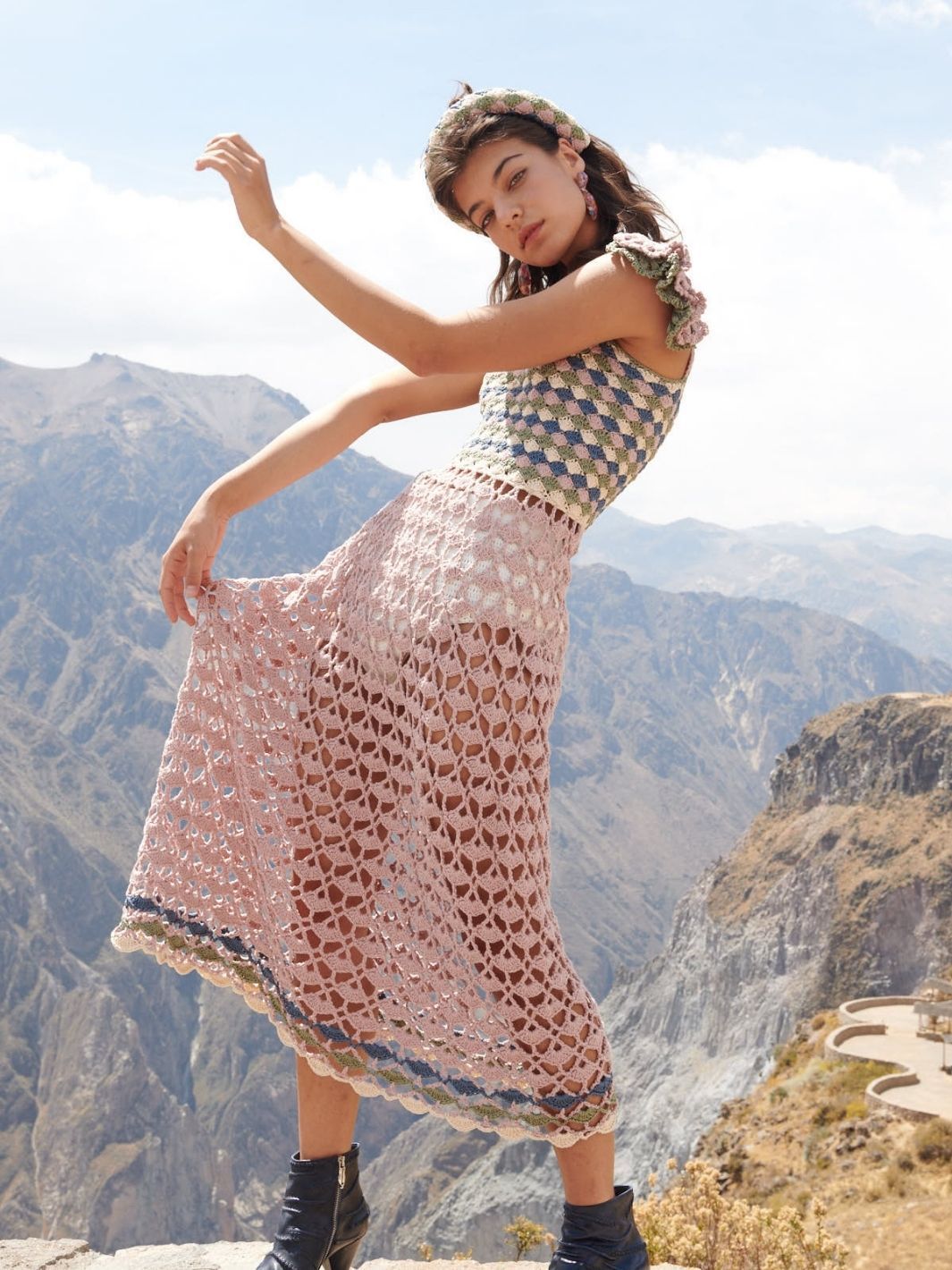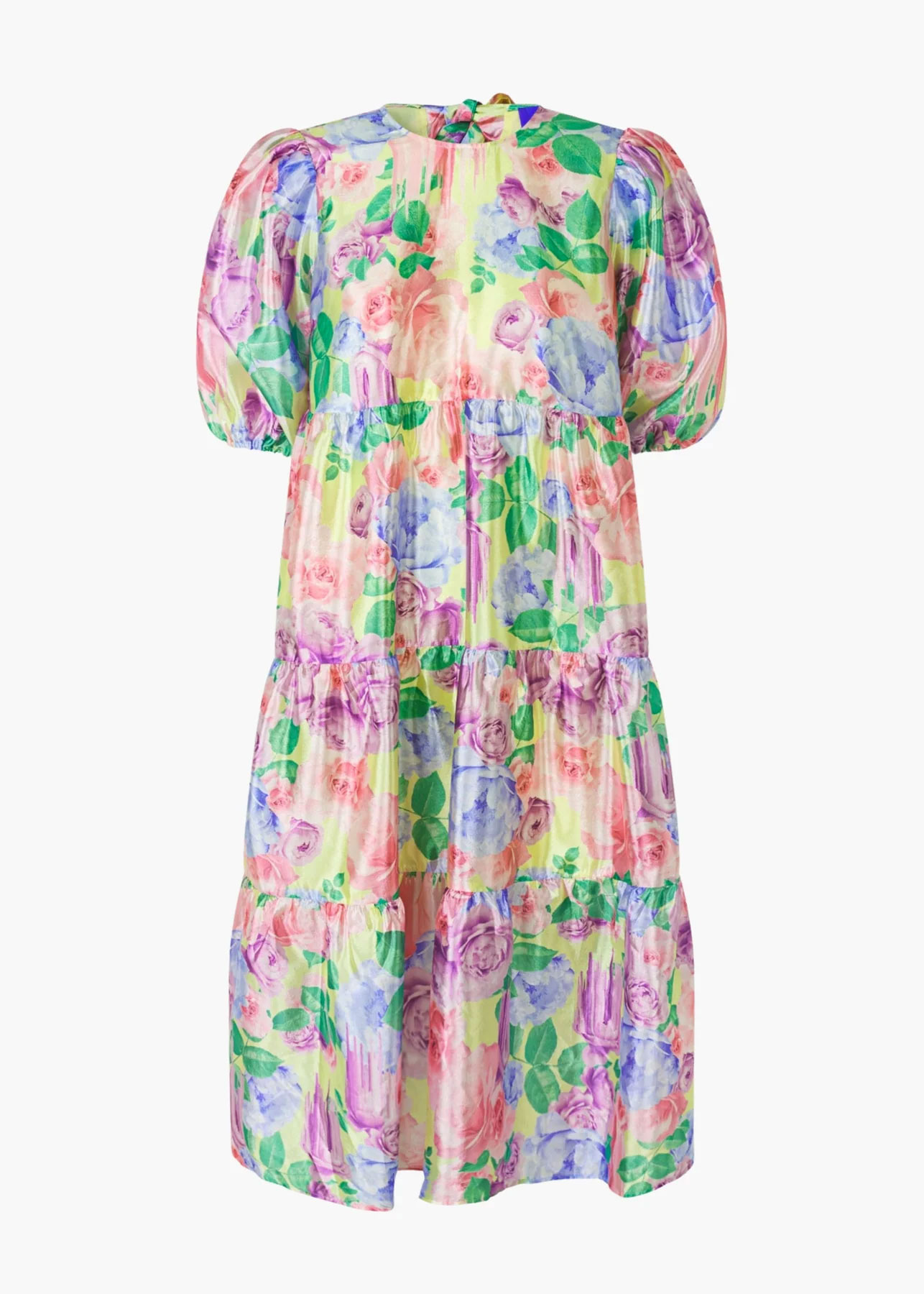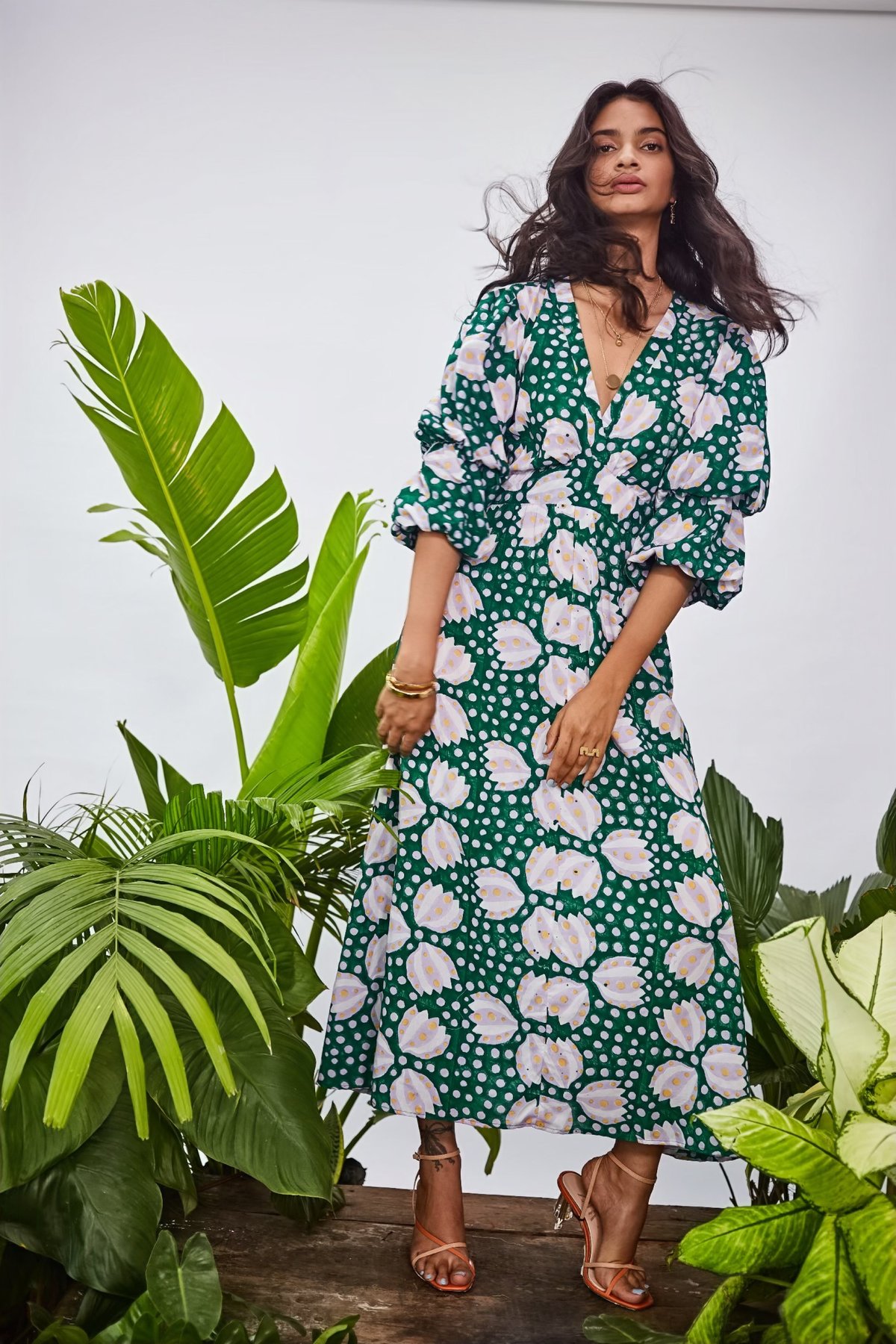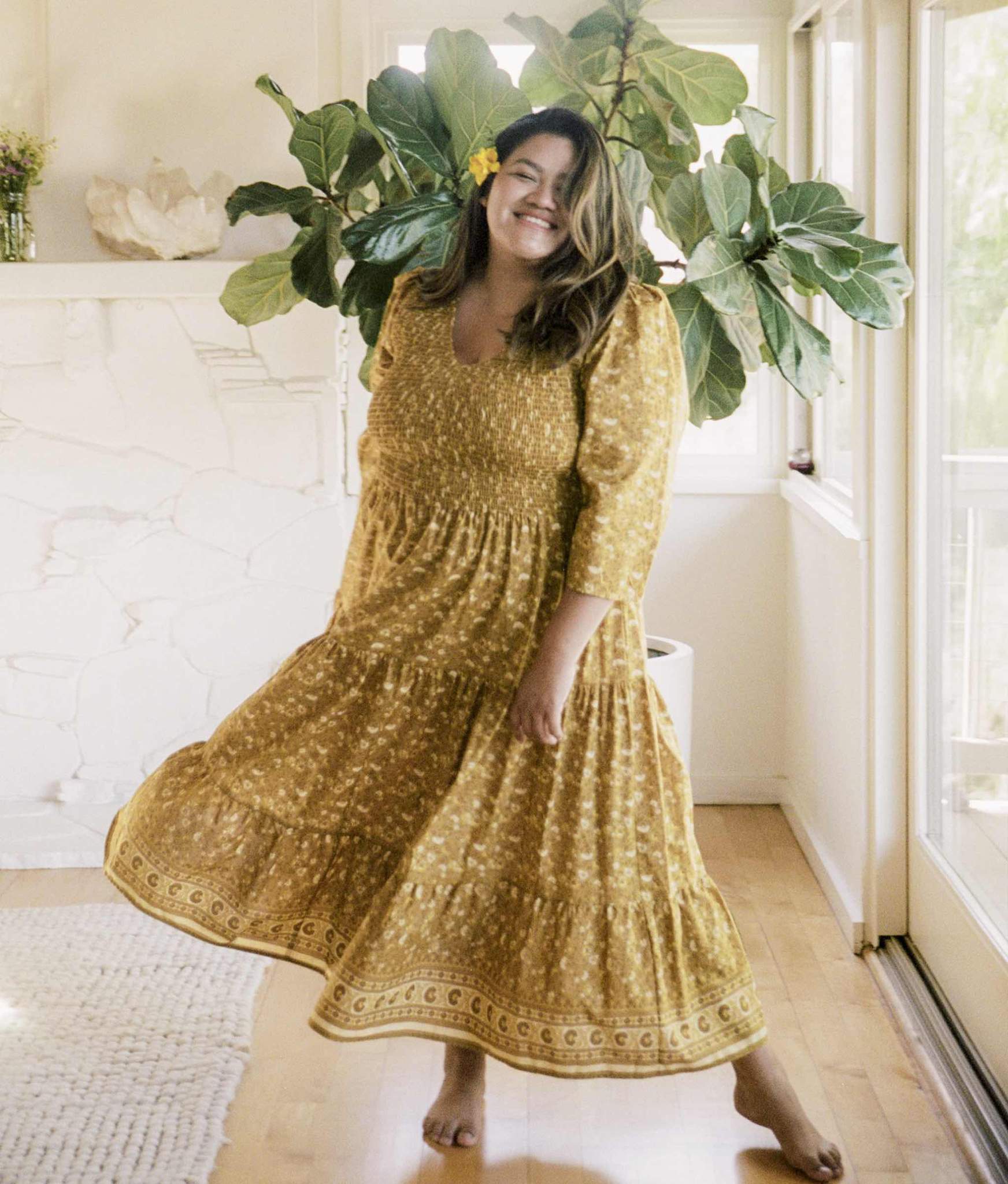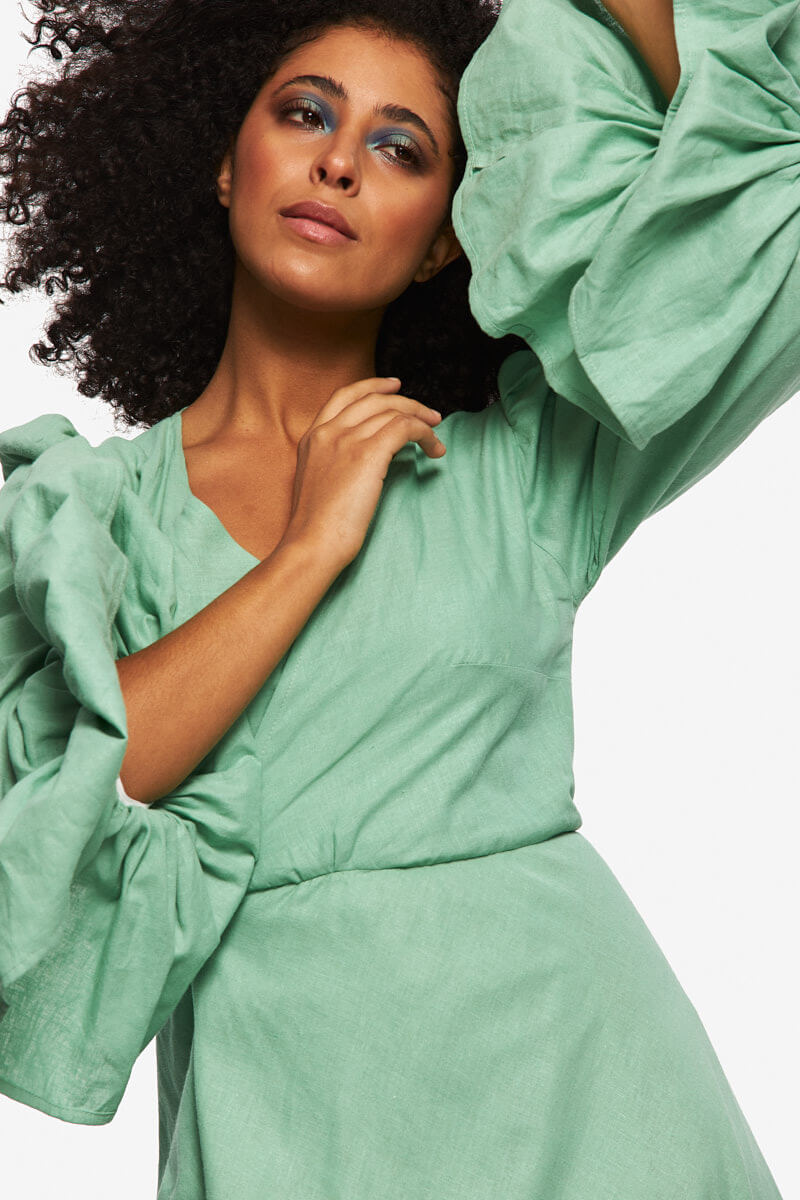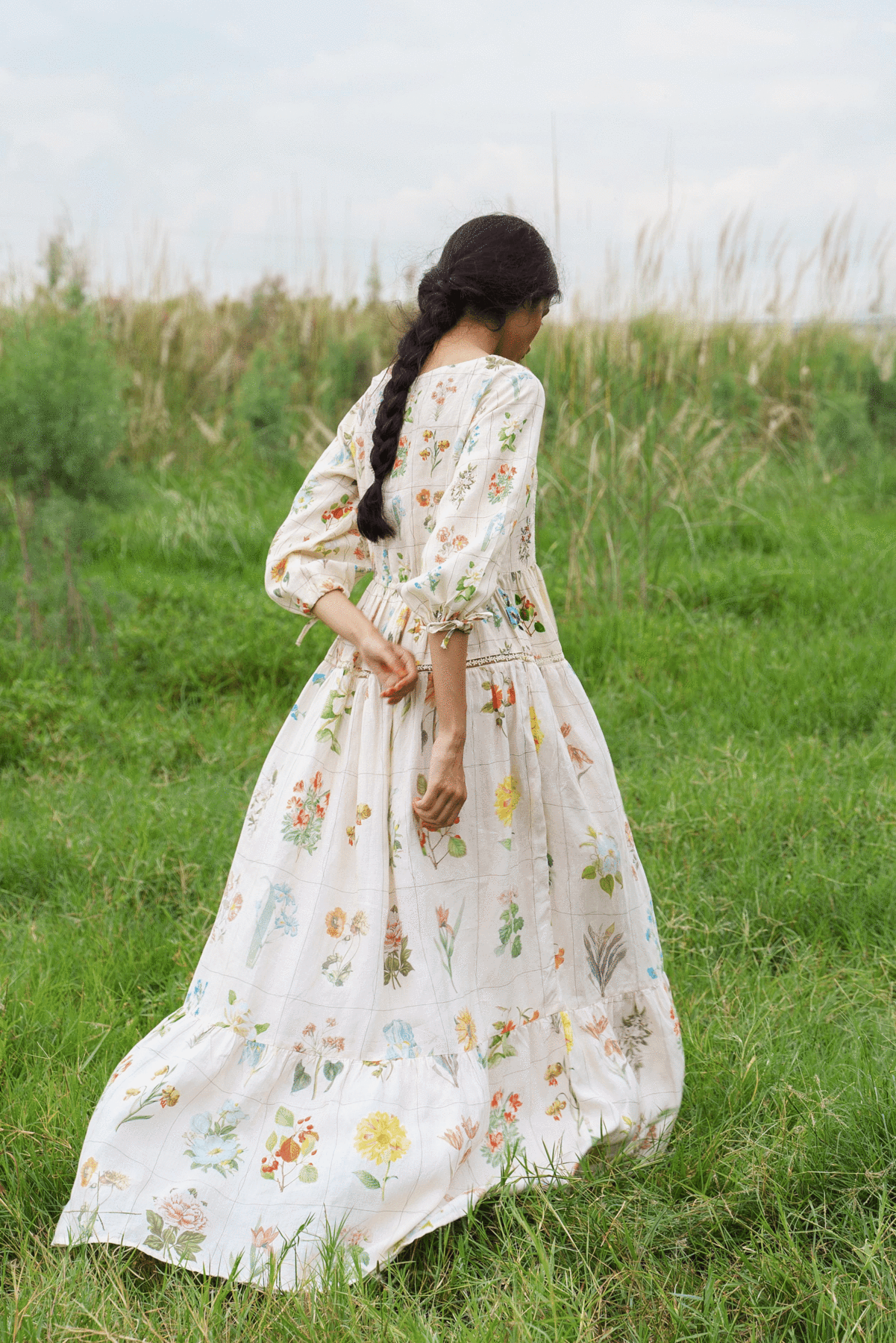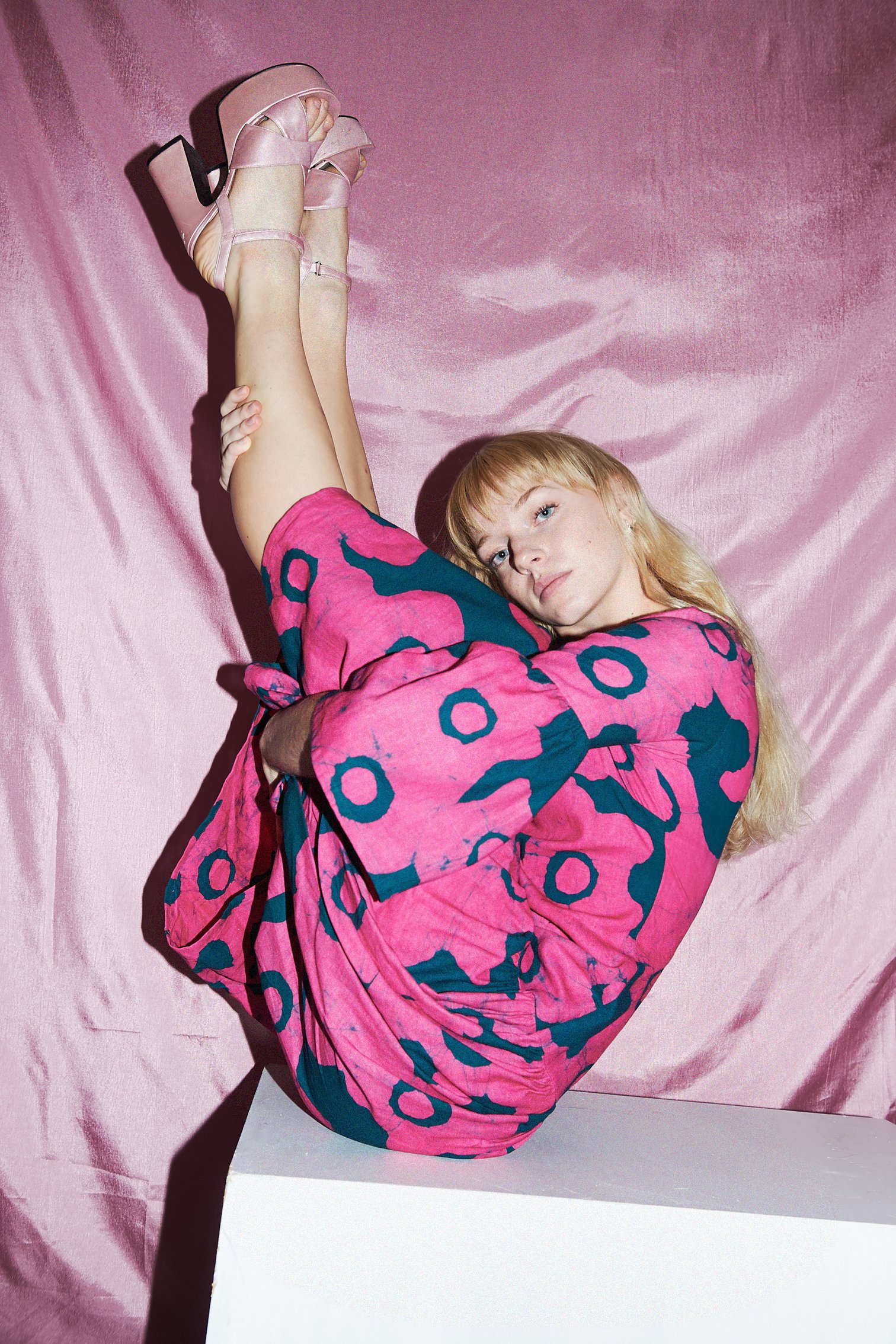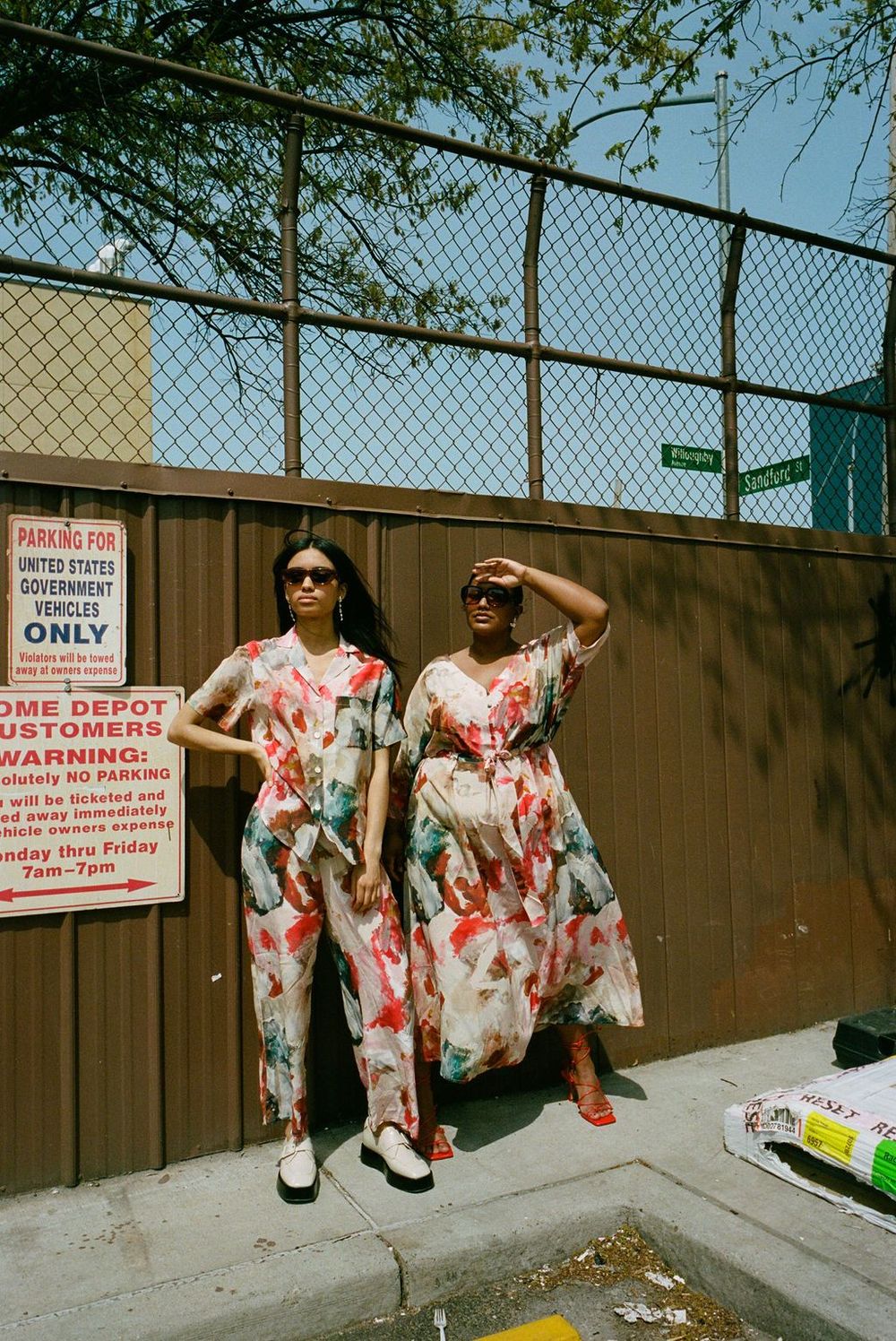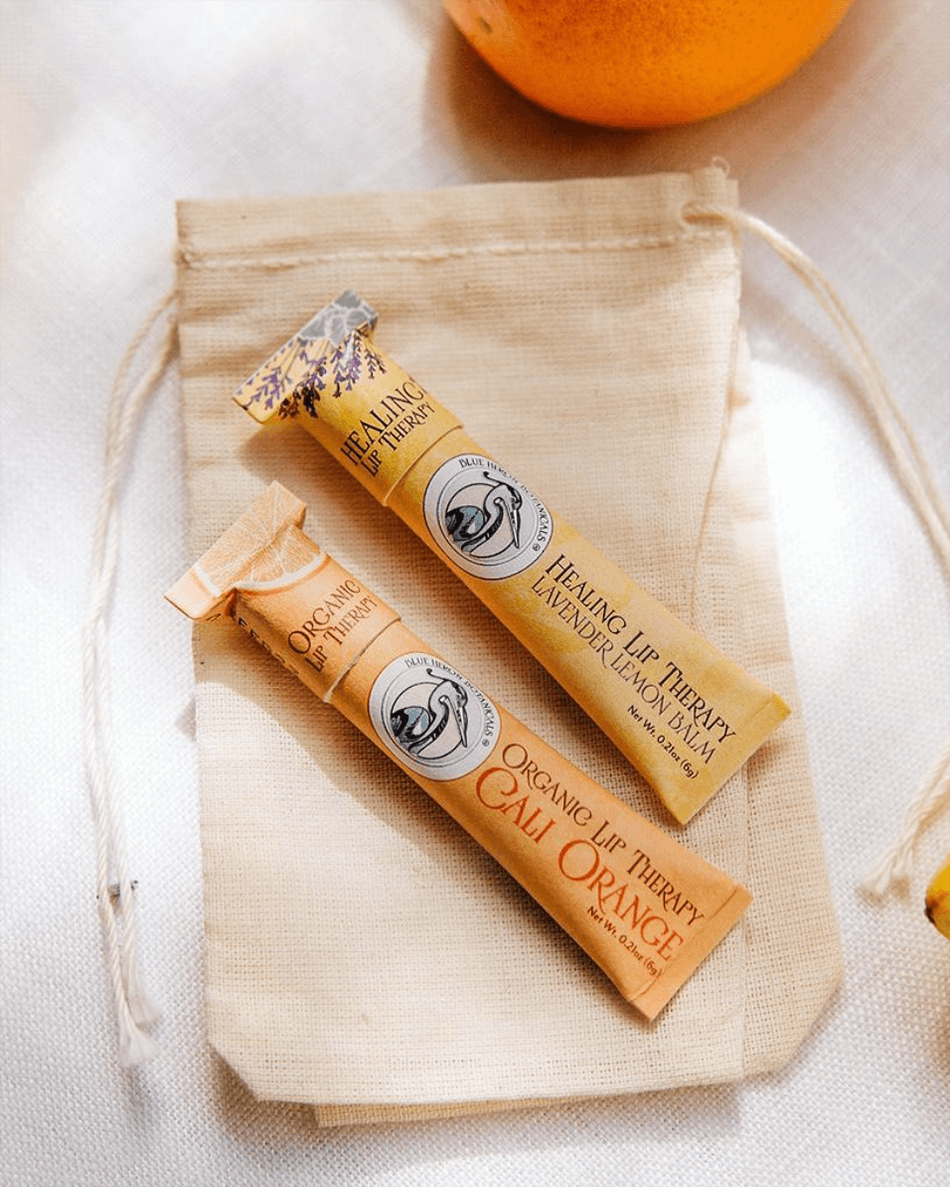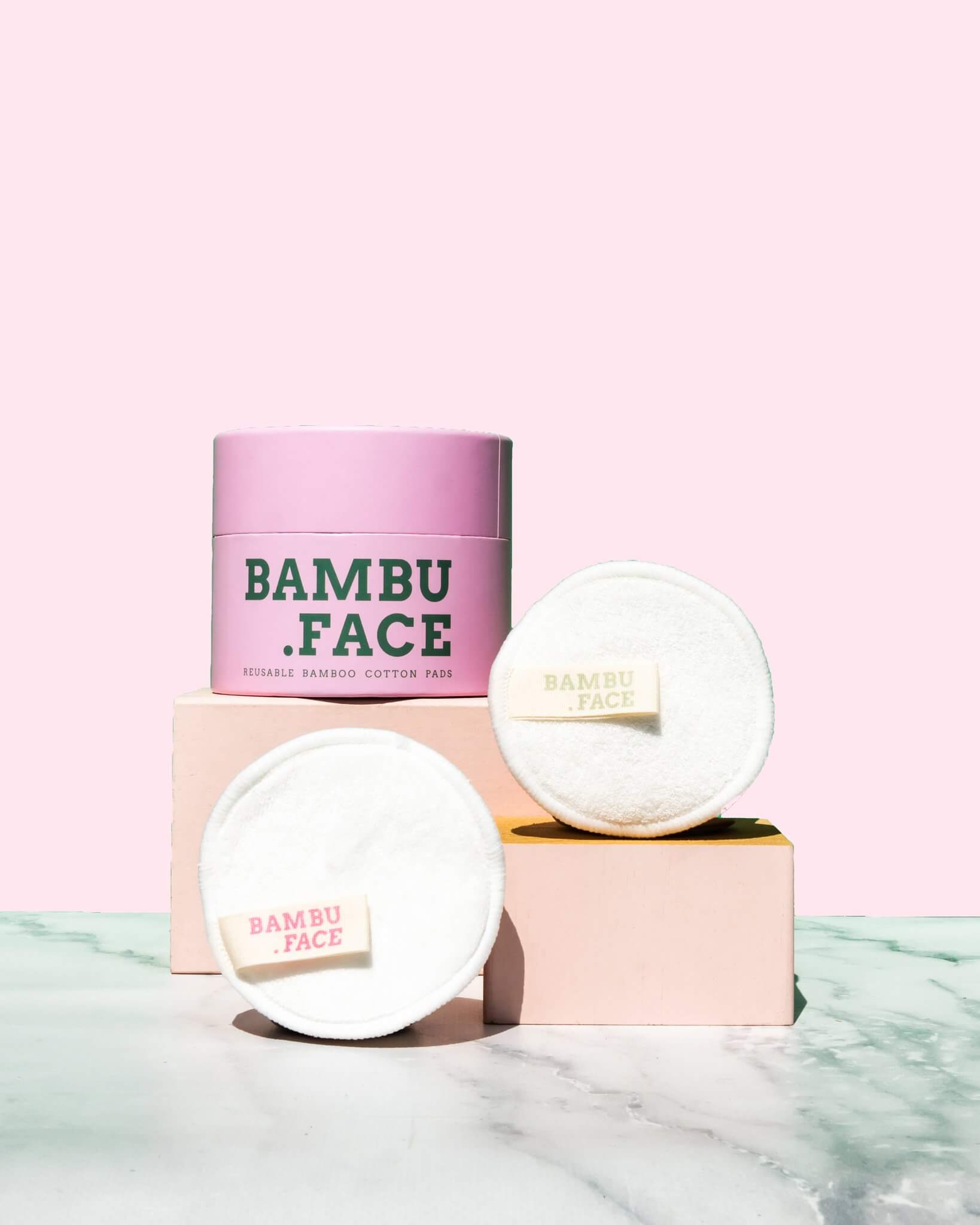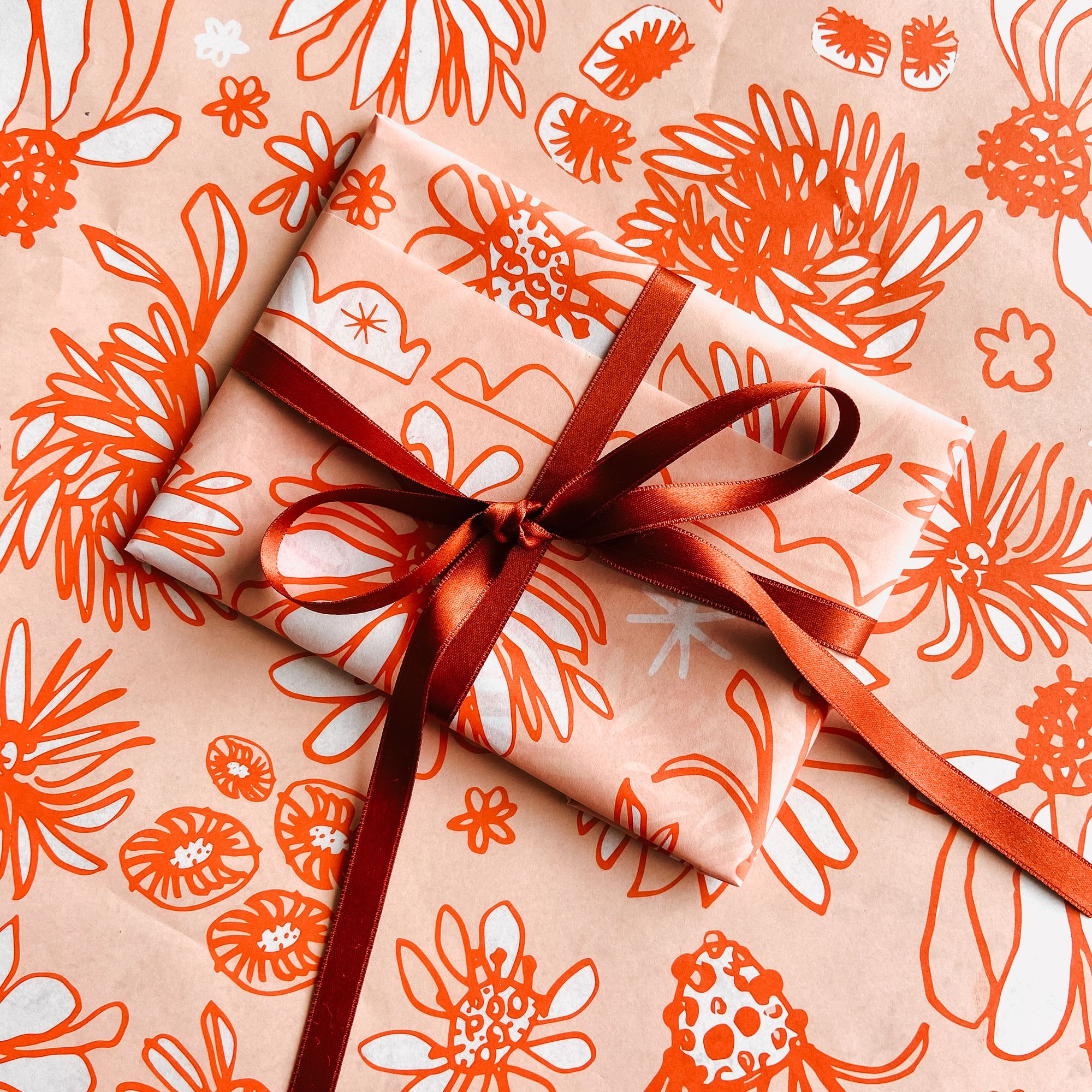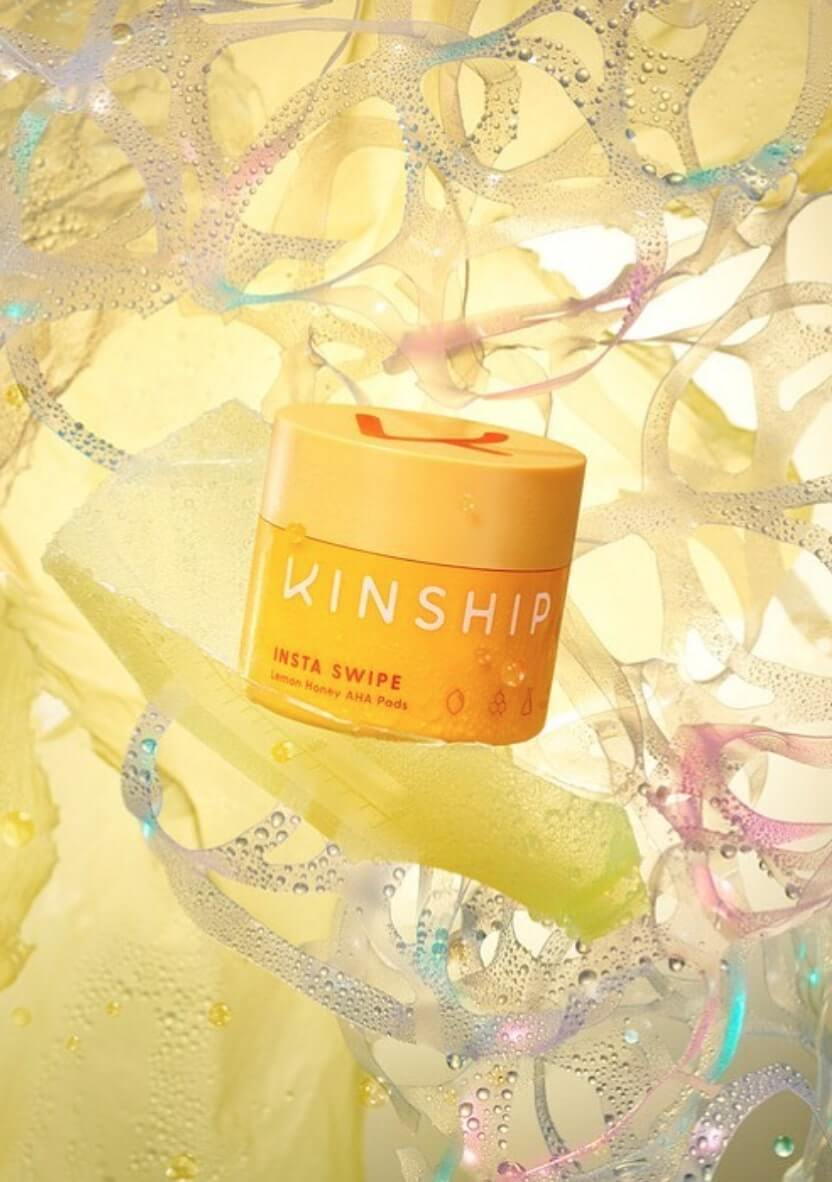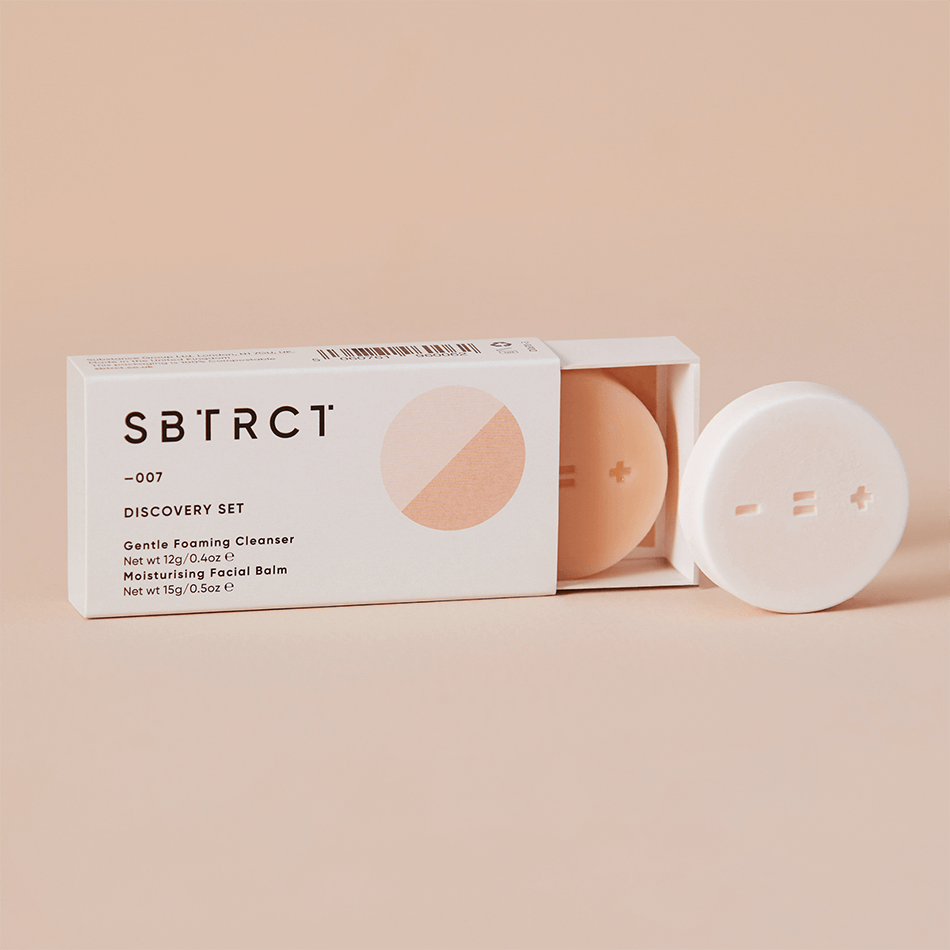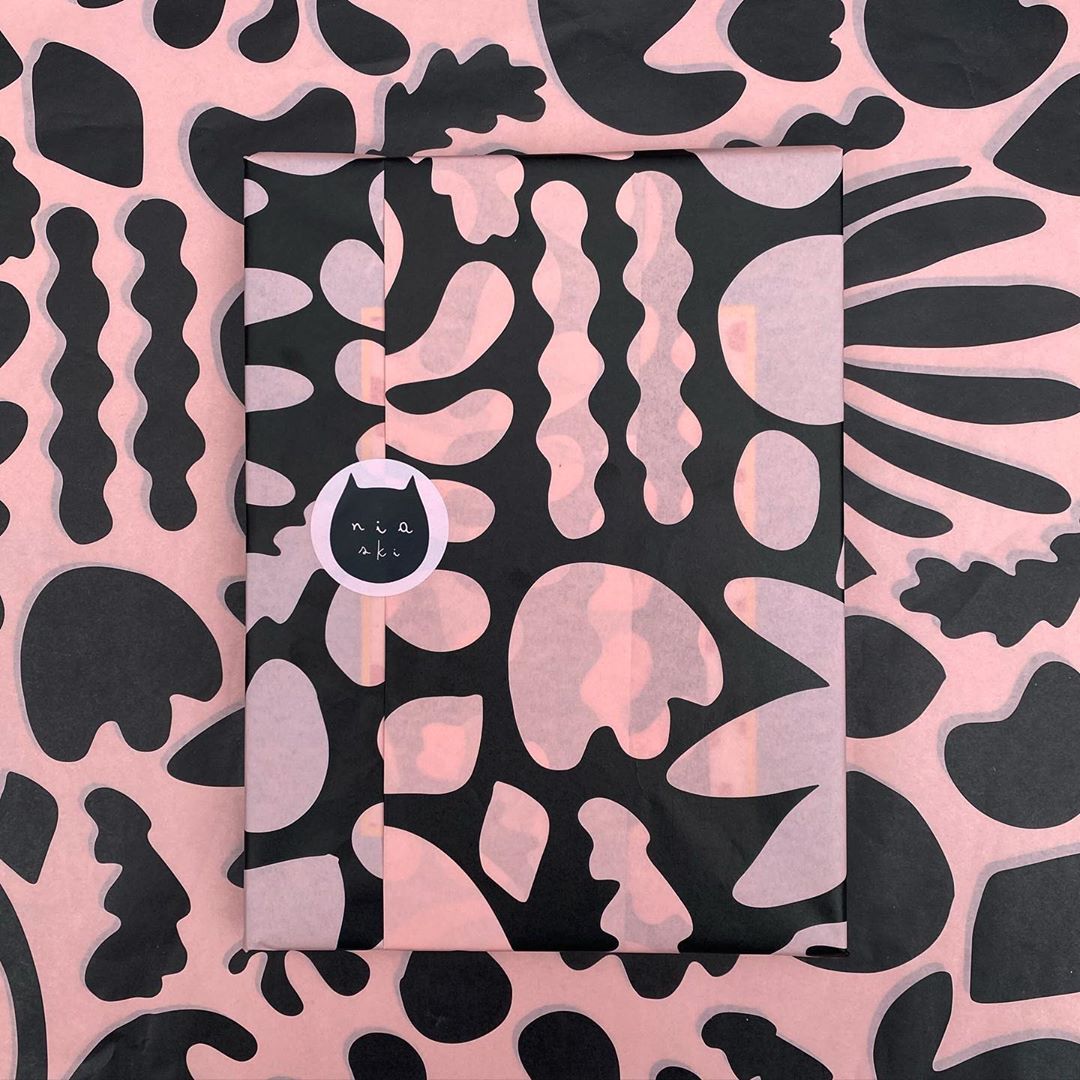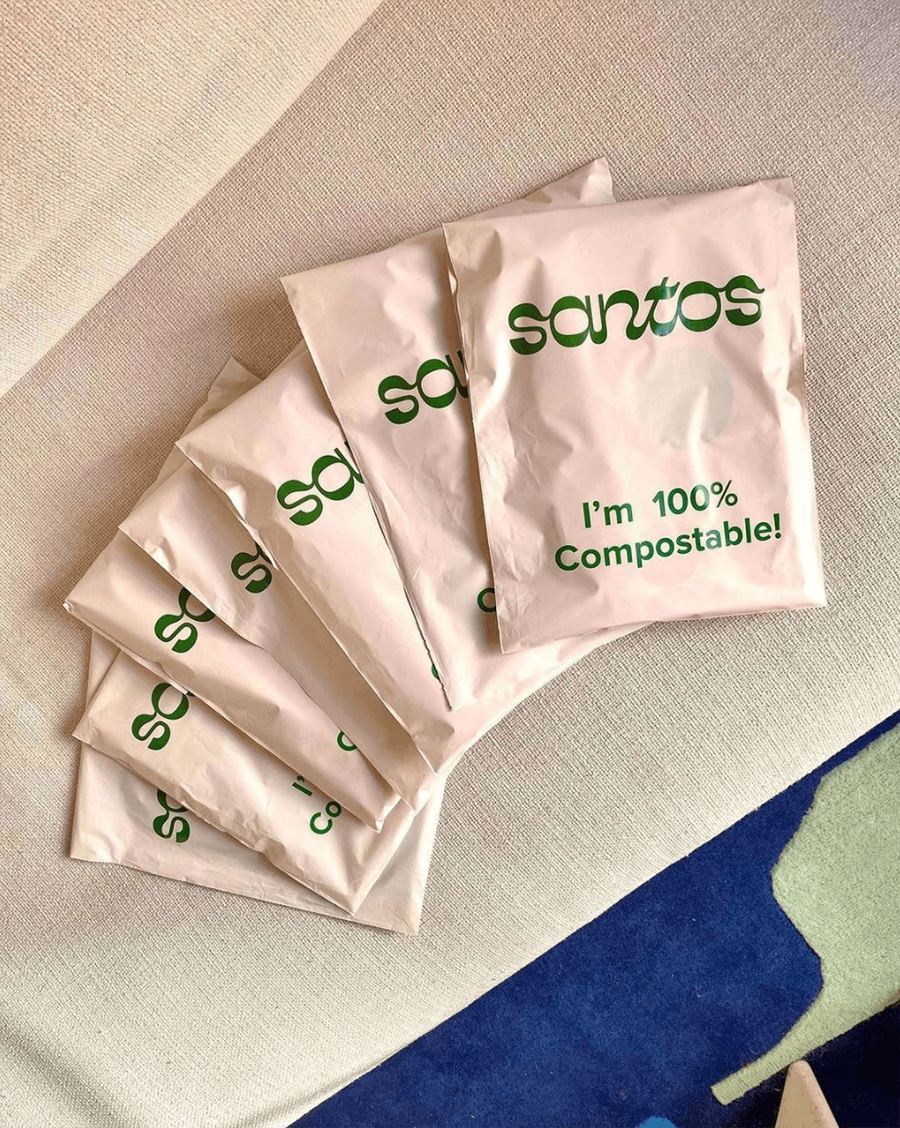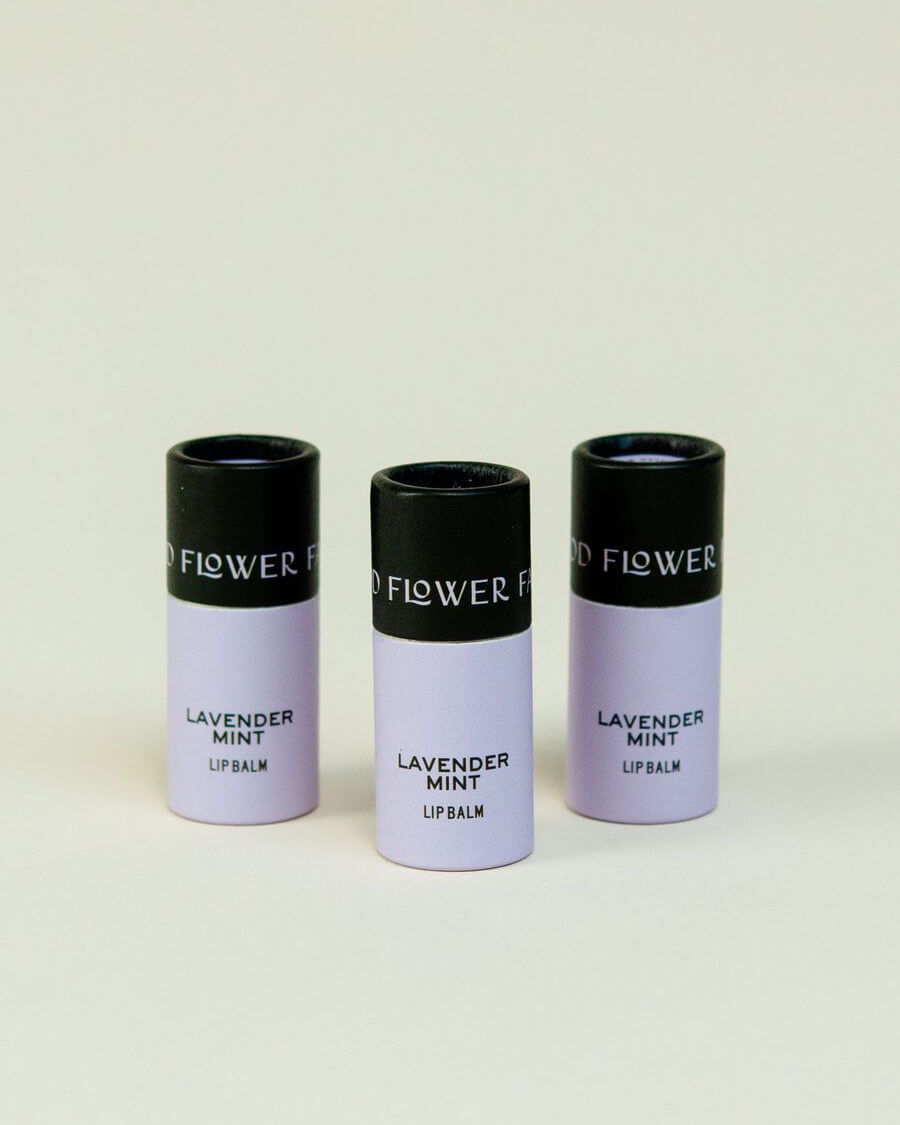With going vegan said to reduce our carbon footprint by up to 73%, it’s no wonder that it’s heralded as the single biggest change an individual can make to fight climate change. Historically, veganism means that all animal-based products are removed from your consumption because animals are not commodities. In recent years, a vegan lifestyle has become the cornerstone for environmentally conscious consumers, leading to various labels depending on an individual’s reason to become vegan, such as strict, ethical, and environmental.
For many vegans, there is now a major dilemma. Animal welfare and eco-friendly can’t always align. That’s not to say don’t become vegan—I haven’t touched meat since 1997—but because human needs are intersectional and varied, and not every vegan product is a sustainable choice. If your choice to remove animal products is first and foremost as a natural climate solution, it’s good to do some research into which alternatives best suit your lifestyle and beliefs. With that knowledge, you can also inform your meat-eating loved ones of the best options for them rather than demanding veganism (because we all know how that goes).

photo by Dima DallAcqua
This may mean getting your whole family involved in the cooking process—learning to cook at home can make children more mindful of where food comes from, reduces waste, and increases mindfulness around diet and meat consumption. You can also consider carbon emissions and water use in production, your attitude toward secondhand clothing made of animal-based fabrics such as wool, leather or silk, (because secondhand is always better than new), and whether ‘cruelty-free’ or ‘vegan’ labeling is more important to your overall actions.
Of course, food is the biggest change in lifestyle for any and every vegan. It is an essential part of everyday life. Luckily, vegan food is delicious. But it’s ok to acknowledge that meat-free isn’t the only eco choice.
veganism is noble – but it takes research
The most important thing to know about becoming a vegan or supporting loved ones in their plant-based journey is that it is a positive action with a positive impact. If you are concerned that your choices may still carry too much impact in contrast to your intentions, there are two effortless steps to cleaning up your diet, wardrobe, and cosmetics and reducing your carbon footprint that anyone can do.
The first is to be mindful of your purchases and curb the habit of impulse shopping. Instead, buy less and buy better.
Secondly, research products before purchase to see how they align with your reasons for choosing veganism. The simplest way to do this is to have a list of ingredients you commit to avoiding. There’s no doubt that palm oil should be at the top of that list, not just for vegans but for everyone. Responsible for the destruction of vast areas of Indonesia’s forests, oil palm plantations are in such high demand that in Borneo, there is now less than half the population of Orangutans that existed 100 years ago. This disrupts ecosystems, destroys biodiversity, ultimately contributing to the climate crisis. Reducing demand is a powerful tool—use it!
food produces nearly 40% of global greenhouse gas emissions
It’s time for us to stand up and use our individual power for good.
When the IPCC (Intergovernmental Panel on Climate Change) published ‘Climate Change and Land’ in 2019, the report outlined the stark choice in front of us—we need positive action. One of the key points in the report was that with a global livestock industry producing 37% of all greenhouse gas emissions—more than the combined emissions of transportation—we need to rethink our diets, not only for environmental reasons but because we risk food insecurity, especially in impoverished nations.
You have the right to know where your food comes from, and thankfully today, it’s easier than ever to make healthy and informed choices. Researching the provenance and origin of your food takes seconds. Free mobile apps like Giki provide the actual environmental cost of your food choices, providing information on how ethical, sustainable, and responsibly-sourced products are, right down to their packaging.
It’s easy to think that individual choices won’t make a difference until global corporations begin to change. While our contributions may be small in comparison, they are still infinitely better than not making any lifestyle changes at all. Individuals are precisely where change begins.
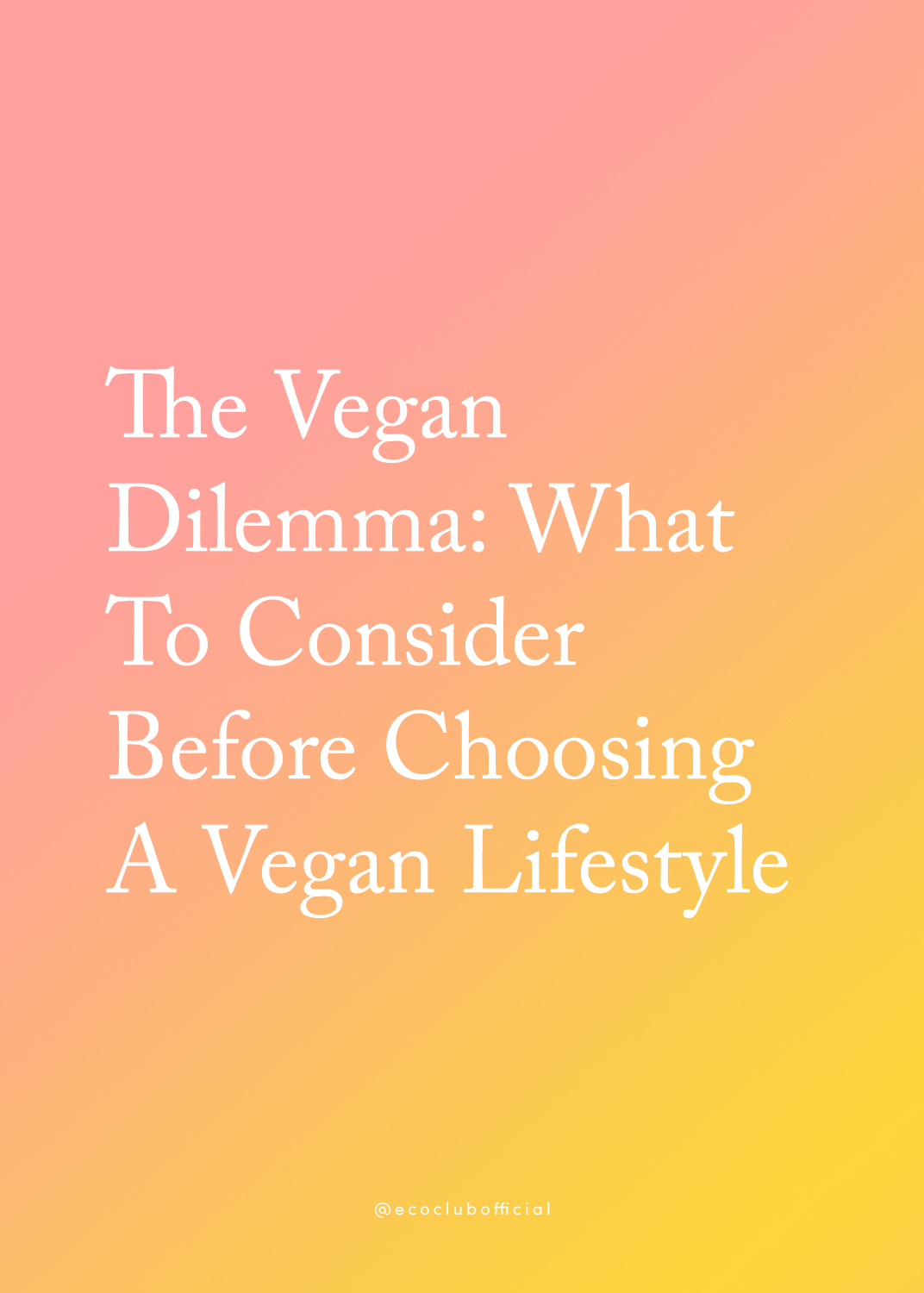
there are livestock farms getting it right
We’ve so much reason to hope; small-scale, ecologically aware farms are on the rise to combat industrial mass-farming. They’re offering a more ethical approach to meat consumption, with improving biodiversity at the heart of their work.
And they’re desperately needed as intensive farming in areas of high deforestation is wreaking havoc on the environment. It’s estimated that cattle ranching is the cause of 80% of Amazonian deforestation. In turn, cattle ranches are responsible for 62% of all agricultural emissions. Those figures can’t be ignored.
However, small-scale, low-density farming methods, such as those used at Knepp Castle Estate in the UK, provide a picture of successful low-impact farming for free-roaming herbivores that has all-important rewilding at its heart. By allowing herds to exist naturally to the point of near-wildness, within a landscape where there is no chemical, medicinal or grain-feed interference, the wild comes back. For instance, restoring agricultural landscapes damaged by over-farming, wild flora rich in fumaric acid returns, which scientists have discovered can inhibit livestock methane production by 70%—a major natural win for a stable future.
As an individual, you’re making a huge difference when you use your informed decisions for good. You don’t have to eat the meat, but it’s essential to acknowledge that there are alternative sustainable livestock farming methods that should be celebrated and that the ecosystem-wide benefits they create are a major win for the environment, providing low carbon, local meat to those who don’t wish to become plant-based.
If a complete vegan commitment is not for you, or perhaps your family, including organic, pasture-fed meat occasionally in your diet increases the demand for responsible and ethical farming. Many companies deliver organic meat box subscriptions right to your door, so you can easily make the switch to higher-quality, ethically sourced meat.
veganism doesn’t work for everyone – really
Veganism doesn’t work on a worldwide scale. Many communities rely on animal products for survival as both food and income. One of the major criticisms of ‘Seaspiracy’ was the lack of BIPOC voices, especially from indigenous communities whose fishing methods have protected the future of the oceans for years through balanced knowledge of the land and sea. Those methods are much more environmentally sound than the increased demand for almond milk and avocados, which in large-scale farming are hugely detrimental to local regions and species, including bees. In 2018, the almond industry was responsible for the deaths of 50 million bees, which the almond industry needs for pollination.
That figure doesn’t sound particularly vegan, does it?
final thoughts
Eating seasonally and choosing local are the greenest options, with greengrocers and farmer’s markets being the best place to find optimal produce. Planning your menu in line with the seasons means that you’ll enjoy fresh produce grown locally, minimizing your carbon footprint and maximizing the variety of crops in your diet. You’ll also have the opportunity to cultivate relationships with those who grow and rear your food, learning more about the process from field to fork.
It’s important to accept that part of a sustainable future is understanding that not everyone can make the same lifestyle changes. Those of us with the privilege to make the vegan decision deserve the very best knowledge to understand it, and be able to have conversations about it. Because ultimately, becoming vegan is the greenest choice, and when you bolster that with further eco-credentials, you’re doing good.
What is your take on the vegan dilemma? What has helped you on your journey to a more sustainable lifestyle?

